Kevin McCarthy came up short again in the 14th ballot for House speaker, a blow to the California Republican following days of painstaking negotiations and failed votes.
After efforts to secure a deal with holdouts gained momentum, McCarthy projected confidence ahead of the vote.
“When we come back tonight, we’ll have the votes to get this done once and for all. It just reminds me of what my father always told me, it’s not about how you start, it’s about how you finish,” McCarthy told reporters.
McCarthy has been locked in a fight for his political future in what has become the longest contest in 164 years. He has worked to chip away at the opposition he has faced from a bloc of hardline conservatives who have used their leverage in the new House GOP’s razor-thin majority to make demands.
In turn, moderates have been frustrated by the concessions McCarthy has made, which many believe may make it harder for the new GOP majority to effectively govern, though they will likely still swallow them.
Even if McCarthy wins the gavel, the contentious, drawn-out fight threatens to deepen divides between conservatives and moderates and may serve as a preview of the kind of challenge the House GOP leader will face in the future in trying to unite his conference with Republicans now in the majority.
The deal-making McCarthy has engaged in to try to win over critics may also mean he has a weaker hand to play in his position of authority if he does become speaker. McCarthy, though, has pushed back against that suggestion. “I think at the end of the day we’re going to be more effective, more efficient and that definitely government is going to work,” he said Friday.
More on the House speaker stalemate
- The lack of a new speaker has ground House business to a halt
- The impasse is also impacting US national security
- Kevin McCarthy’s stumbles reveal Donald Trump’s diminished influence over GOP
- Analysis: The most obvious speaker solution is also the most radical
In a sign of optimism before the 14th vote, McCarthy’s team had already been taking steps to organize the House soon after his expected victory, according to multiple GOP sources. McCarthy allies had told members to prepare for a very late night to approve a rules package after they are sworn into office, the sources said.
McCarthy picks up key support amid concessions
In a major shift, McCarthy and his allies successfully flipped more than a dozen GOP votes into his column Friday afternoon – the first sign of serious momentum in support of his speaker bid after a series of failed votes over the course of multiple days.
Here is a list of key concessions and promises McCarthy and his allies have made over the course of the negotiations, based on CNN reporting:
- Any member can call for a motion to vacate the speaker’s chair – this is significant because it would make it much easier than it is currently to trigger what is effectively a no confidence vote in the speaker. Conservatives pushed hard for this, while moderates are worried it will weaken McCarthy’s hand.
- A McCarthy-aligned super PAC agreed to not play in open Republican primaries in safe seats
- The House will hold votes on key conservative bills, including a balanced budget amendment, congressional term limits and border security
- Efforts to raise the nation’s debt ceiling must be paired with spending cuts. This could become a major issue in the future when it is time to raise the debt limit to avoid a catastrophic default because Democrats in the Senate and the White House would likely oppose demands for spending cuts
- Move 12 appropriations bills individually. Instead of passing separate bills to fund government operations, Congress frequently passes a massive year-end spending package known as an “omnibus” that rolls everything into one bill. Conservatives rail against this, arguing that it evades oversight and allows lawmakers to stick in extraneous pet projects.
- More Freedom Caucus representation on committees, including the powerful House Rules Committee
- Cap discretionary spending at fiscal 2022 levels, which would amount to lower levels for defense and domestic programs
- Seventy-two hours to review bills before they come to floor
- Give members the ability to offer more amendments on the House floor
- Create an investigative committee to probe the “weaponization” of the federal government
- Restore the Holman rule, which can be used to reduce the salary of government officials
In pictures: The House speaker stalemate
The 14 votes who flipped in favor of McCarthy on the 12th ballot are: Reps. Dan Bishop of North Carolina, Michael Cloud of Texas, Andrew Clyde of Georgia, Byron Donalds of Florida, Mary Miller of Illinois, Ralph Norman of South Carolina, Scott Perry of Pennsylvania, Chip Roy of Texas, Victoria Spartz of Indiana (who had been voting present and had said she would continue to do so until she saw progress), Paul Gosar of Arizona and Reps.-elect Josh Brecheen of Oklahoma, Anna Paulina Luna of Florida, Keith Self of Texas and Andy Ogles of Tennessee.
On the 13th ballot, McCarthy picked up one more supporter: Rep. Andy Harris of Maryland.
There are still six Republicans voting against McCarthy: Reps. Andy Biggs of Arizona, Lauren Boebert of Colorado, Matt Gaetz of Florida, Bob Good of Virginia, Matt Rosendale of Montana and Rep.-elect Eli Crane of Arizona.
Two members who have been absent for votes on Friday – Rep. Ken Buck of Colorado and incoming freshman Wesley Hunt of Texas – are expected to return Friday night. Both lawmakers are McCarthy supporters.
On the 12th round of voting, the final tally was 213 for McCarthy, four for Rep. Jim Jordan and three for Rep. Kevin Hern.
In the 13th round, McCarthy had 214 votes and Jordan had six.
McCarthy’s strategies for squeezing the remaining holdouts
Part of the strategy to secure McCarthy the speakership is to get some of the holdouts to vote “present,” according to several sources. That would reduce the threshold for winning the speaker race below 218 since the rules say the winner of the race needs to have a majority of those voting for a specific candidate.
If two vote “present,” 217 votes are needed to win. If three vote “present,” that takes it down to 216 to win.
If just one person votes “present,” however, McCarthy would need to flip a holdout member to win.
Another plan from McCarthy’s allies has been to pick the remaining holdouts off one-by-one to get the speaker votes.
That strategy, according to sources involved, includes leaning on former President Donald Trump to help squeeze the holdouts. Their camps have been in touch and believe Trump is willing to make some more calls. Another source said Trump is making calls for McCarthy.
So far, Trump’s entreaties have not moved the needle, but he also has not put much capital into it. Now Trump has an opportunity to claim victory with a McCarthy speakership actually in reach.
House GOP leaders working to quell brewing revolt over rules package
House GOP leaders are now actively working behind-the-scenes to head off a brewing revolt over the rules package that needs to be adopted in order to set the parameters for how the chamber will function over the next two years, according to GOP sources.
Members are upset they’ve been in the dark about the concessions that McCarthy made to the far-right in order to secure the votes to win the speakership. They are complaining they’ve learned more about those concessions in the news media and that there’s only been one conference call since the speaker’s election began on Tuesday, according to multiple sources.
The rules package, which is slated to be voted on after the speakership is set, includes some of the concessions that McCarthy gave to the far-right, including allowing any one member to call for a vote seeking the ouster of a sitting speaker.
But there’s growing grumbling in the ranks that members have not had enough time to review the rules package, and at least one member – Rep. Tony Gonzales of Texas – said he would vote against it.
Top Republicans believe they will limit defections to less than five Republicans. But the difficulty in locking down the votes underscores how hard it will be to govern in the narrowly divided House.
This story and headline have been updated with additional developments.
CNN’s Lauren Fox, Jessica Dean, Gabby Orr, Kaitlan Collins, Ted Barrett, Kristin Wilson, Kit Maher, Kate Sullivan and Nicky Robertson contributed to this report.
McCarthy loses 14th speaker vote after days of negotiations and failed votes - CNN
Read More








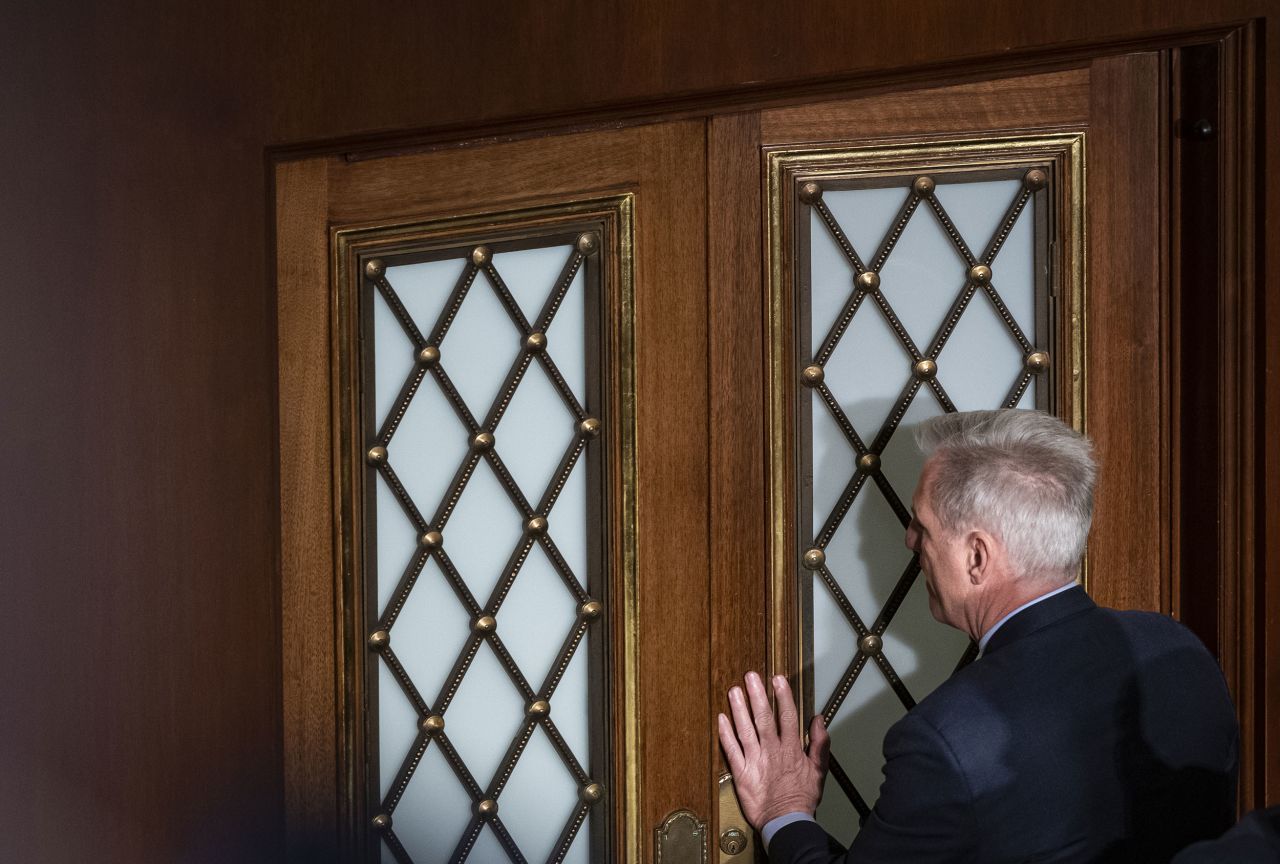

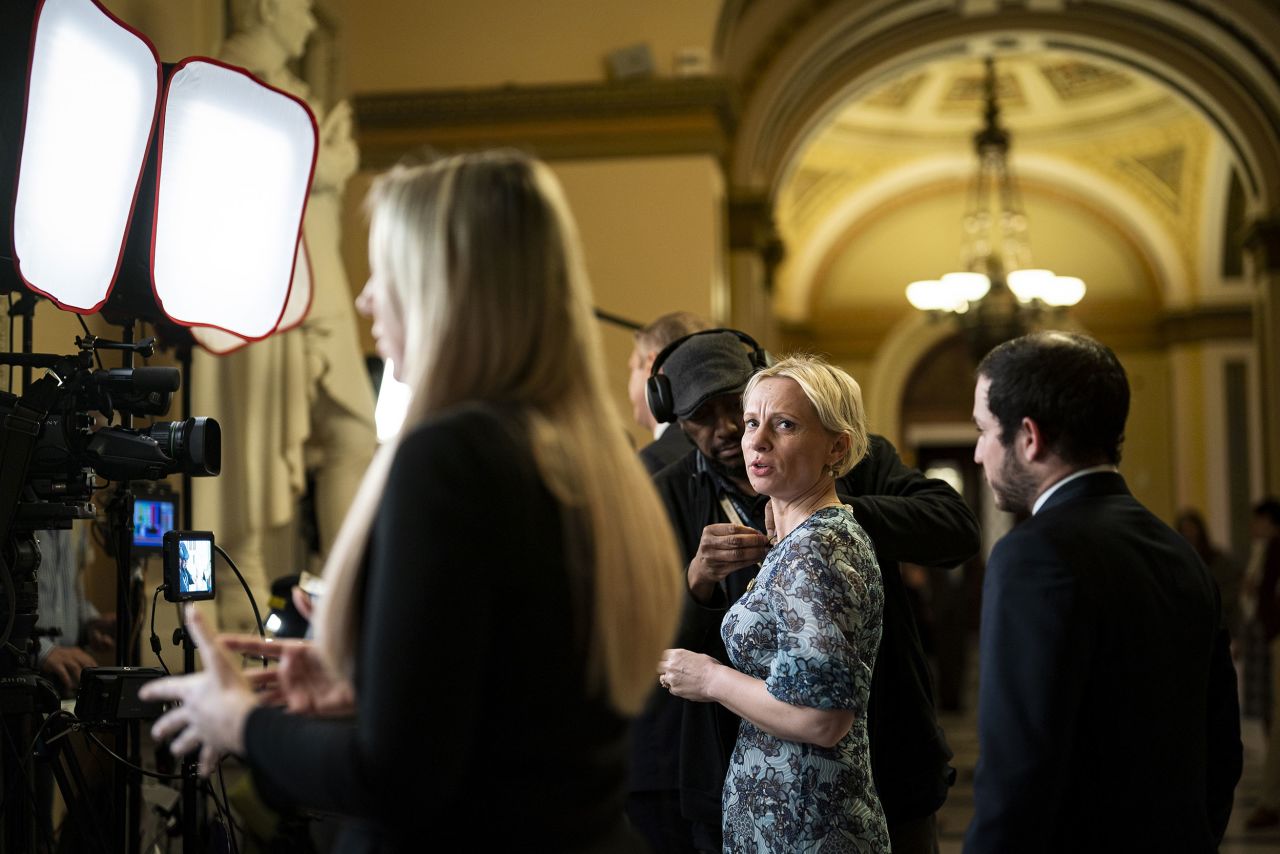

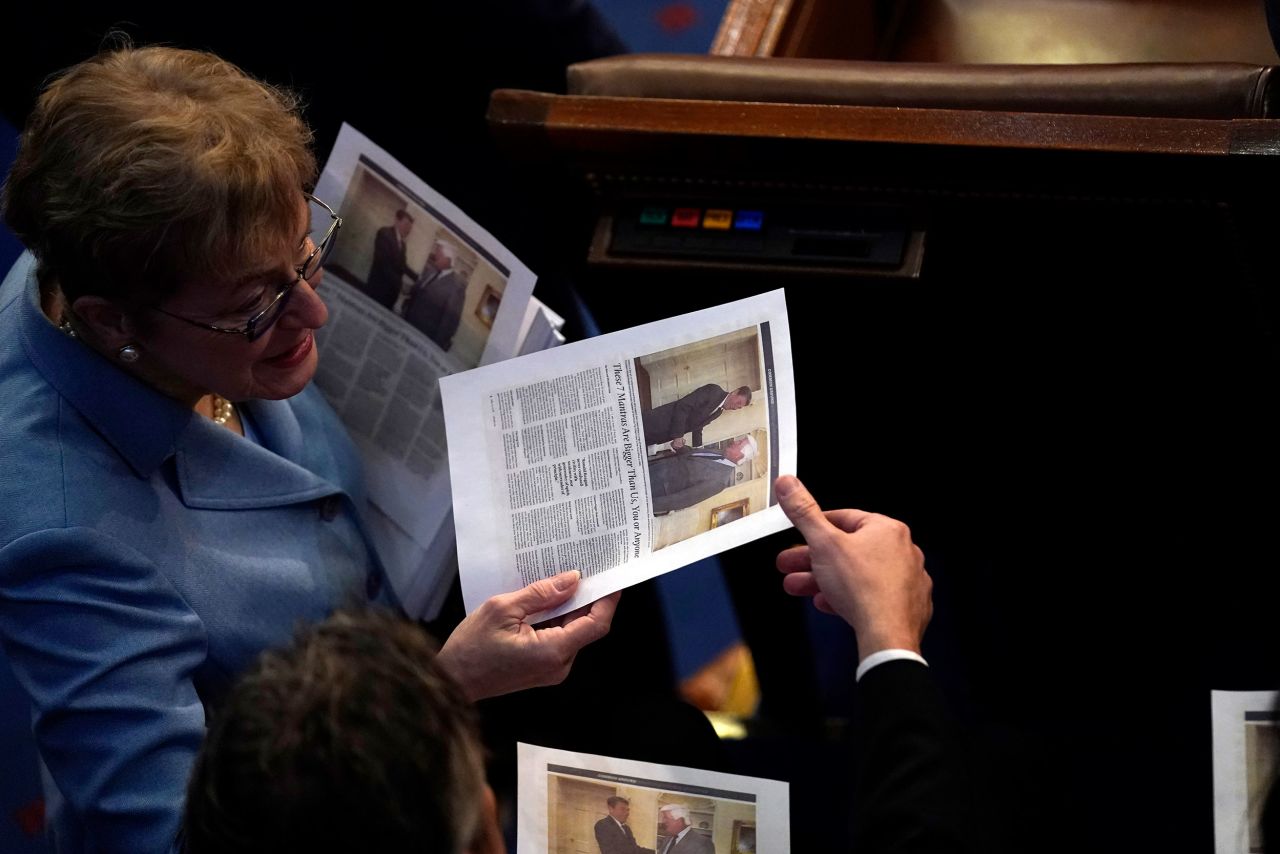
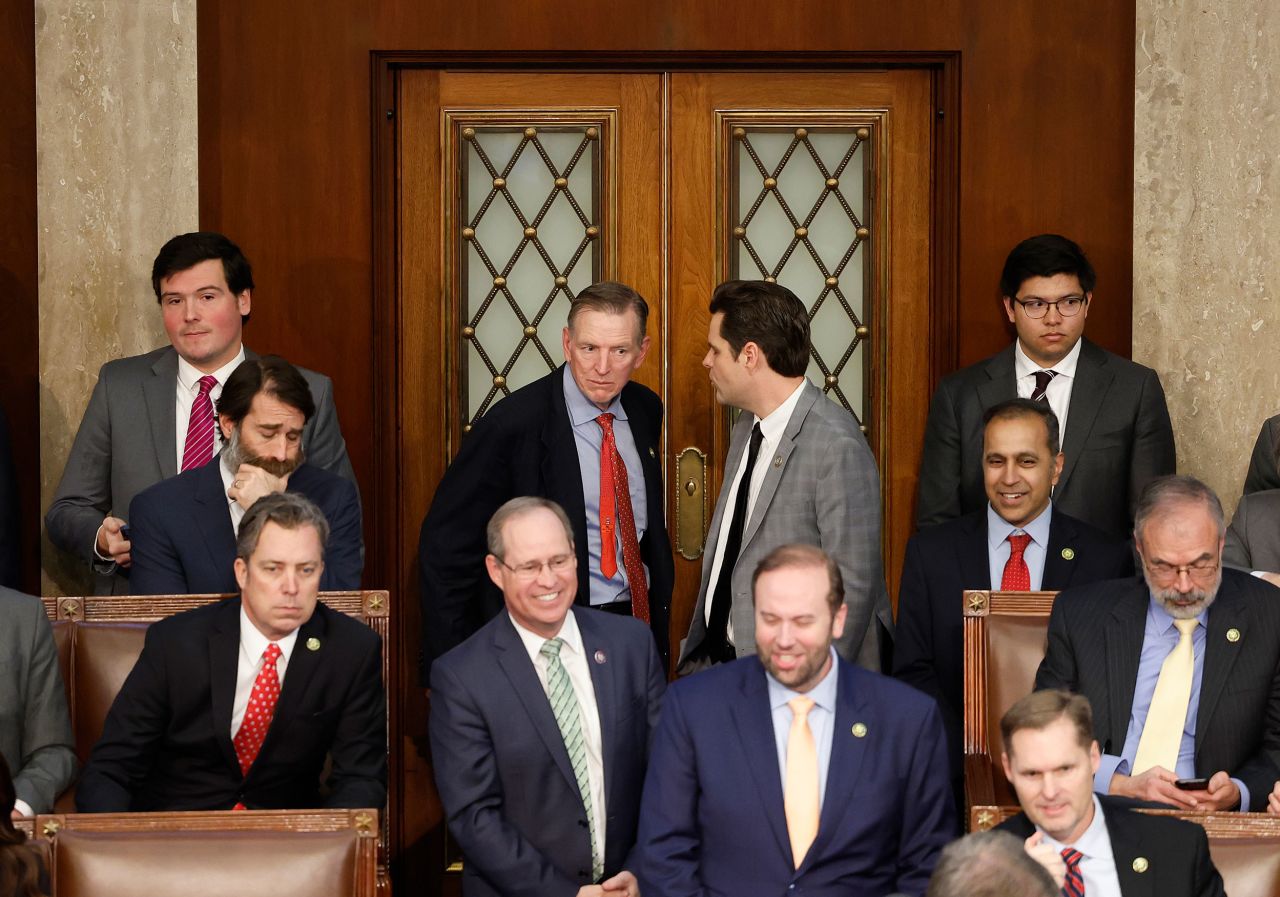

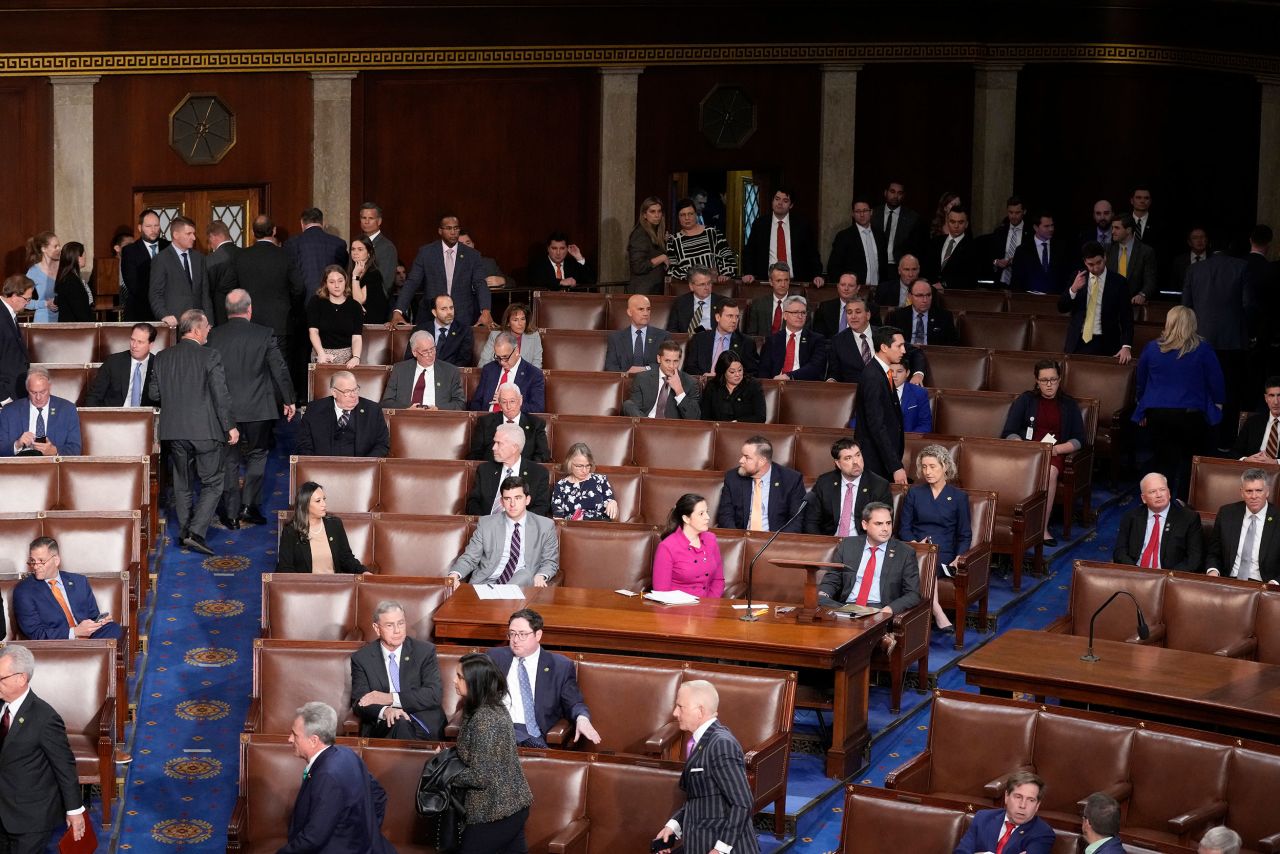



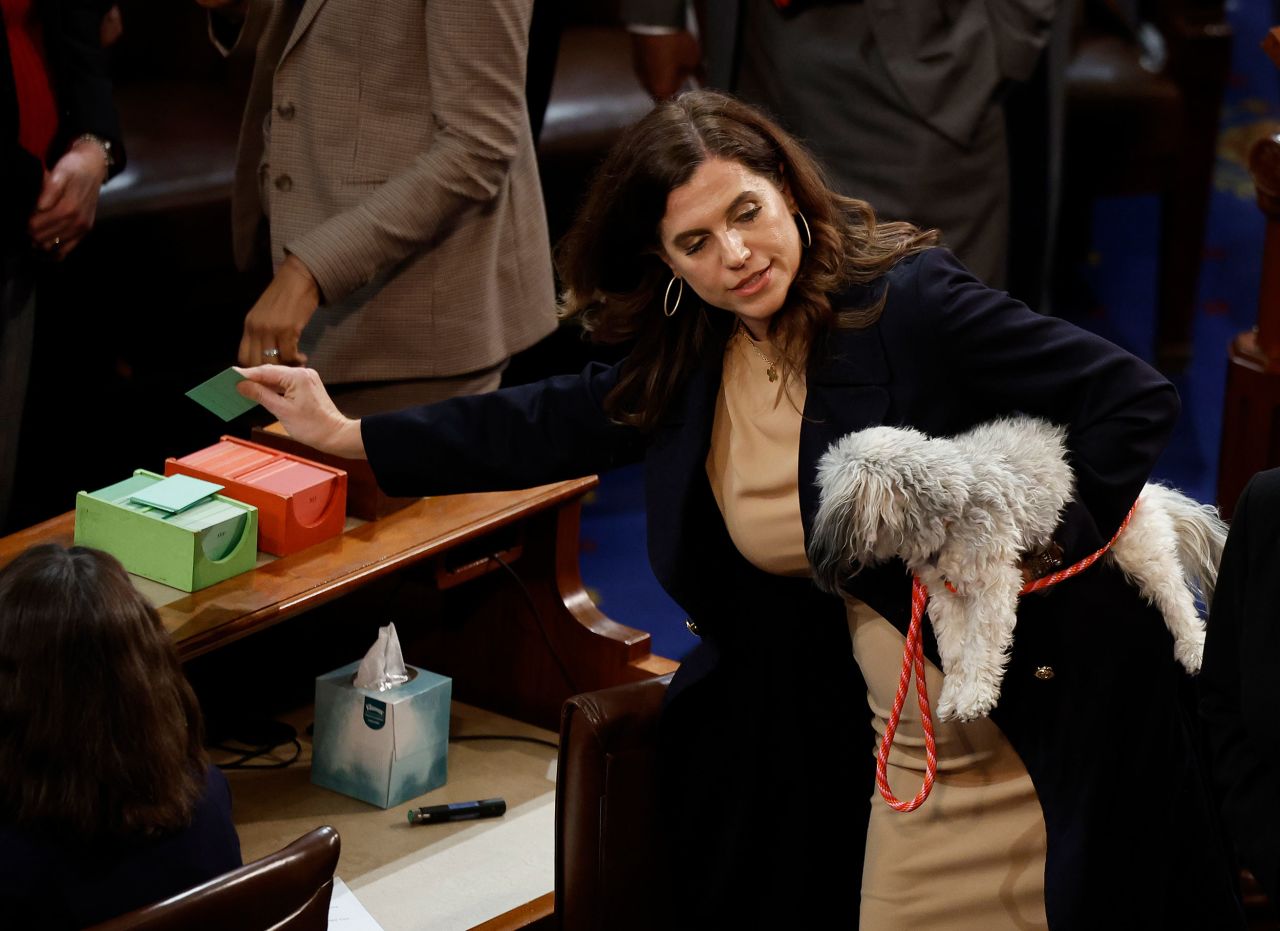
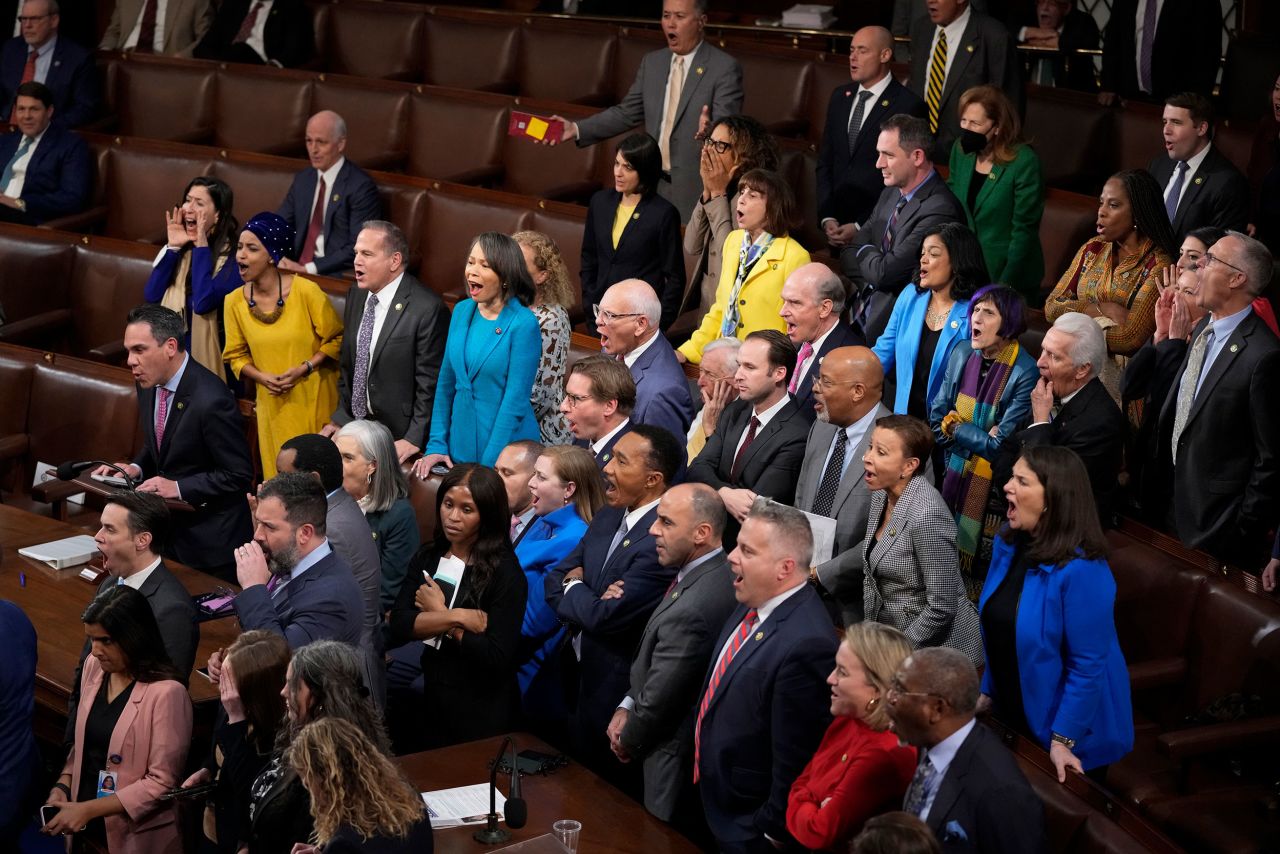


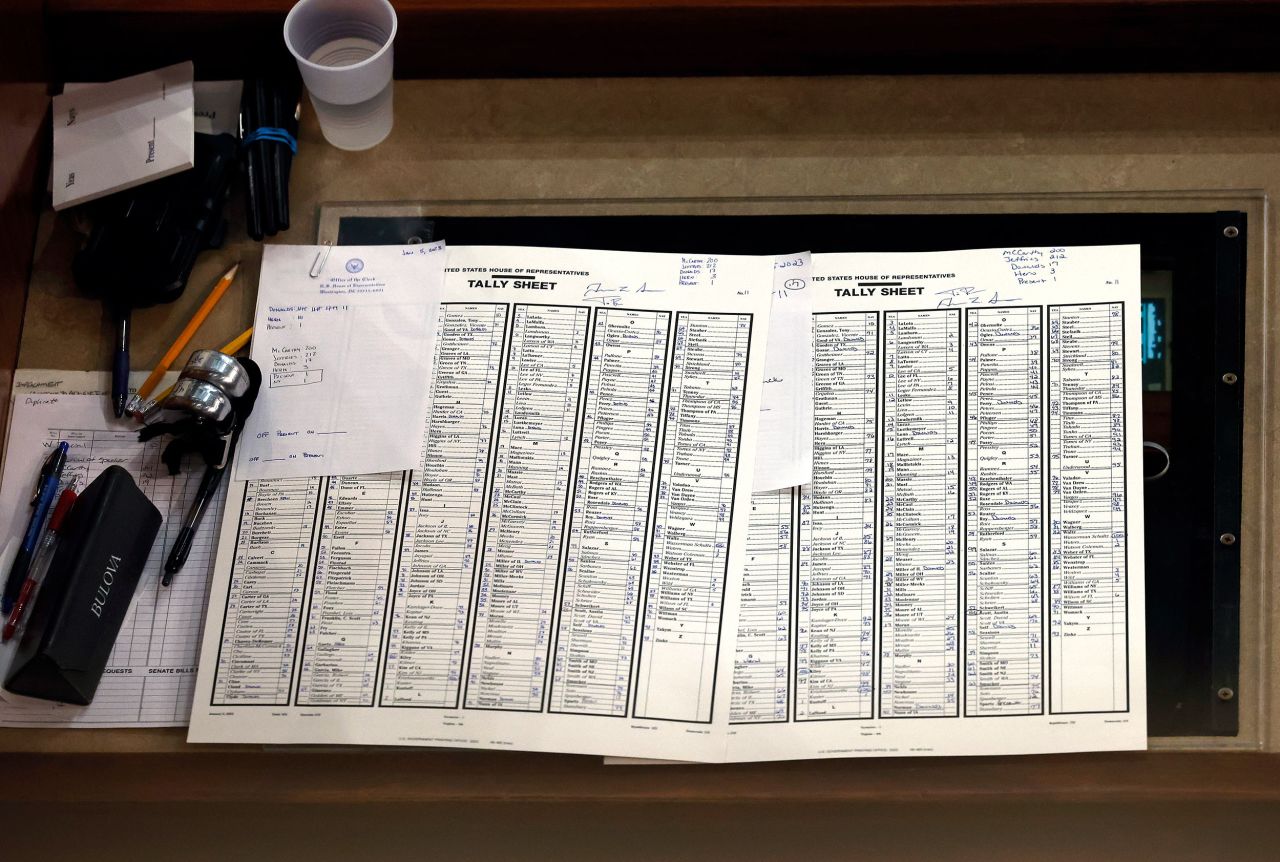
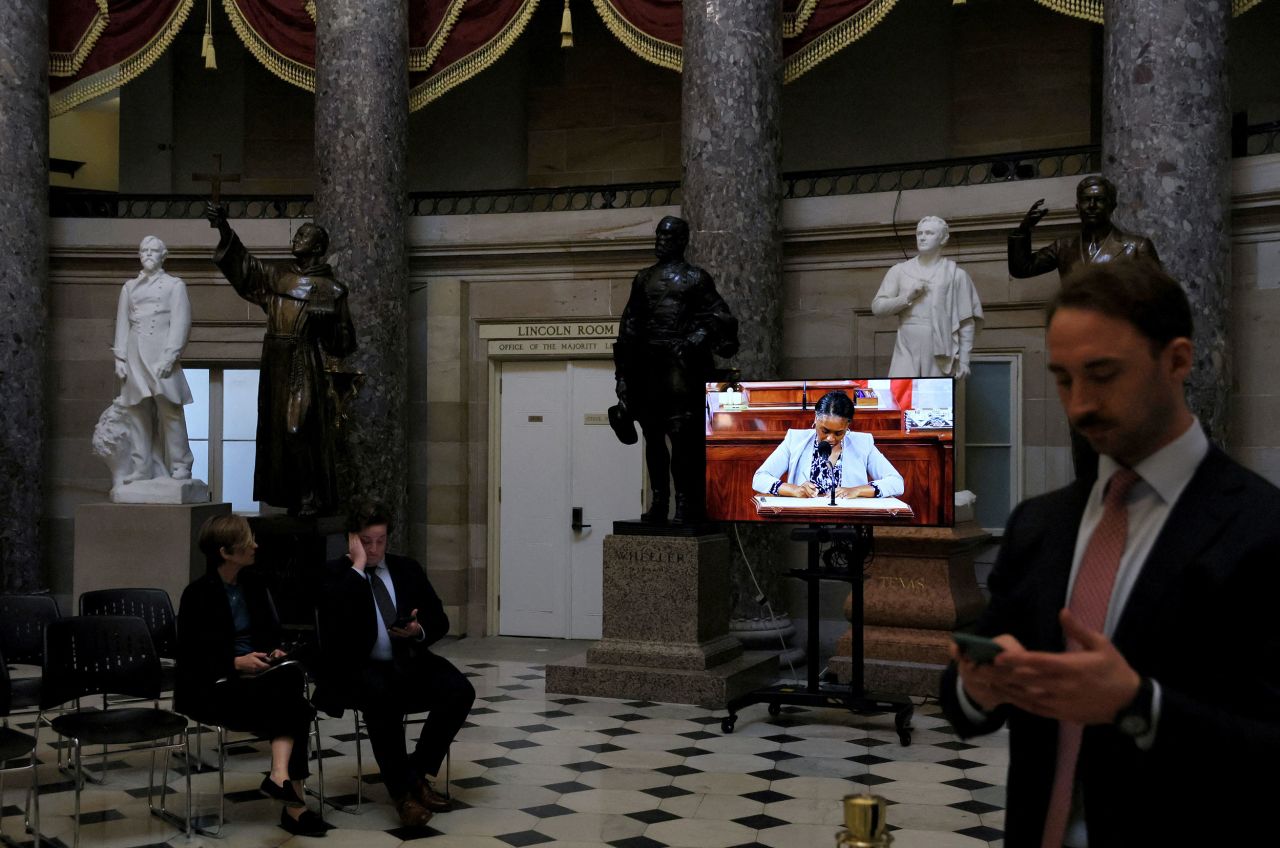

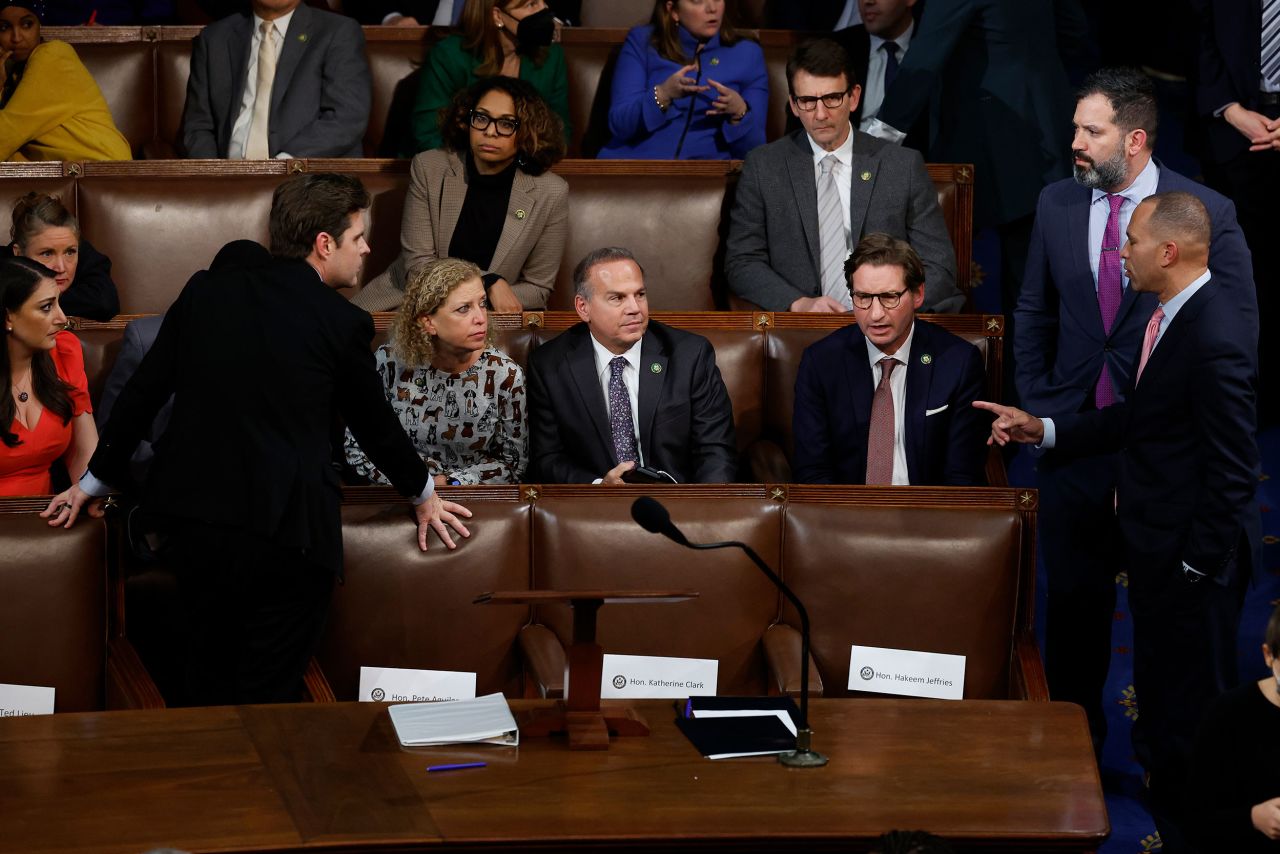

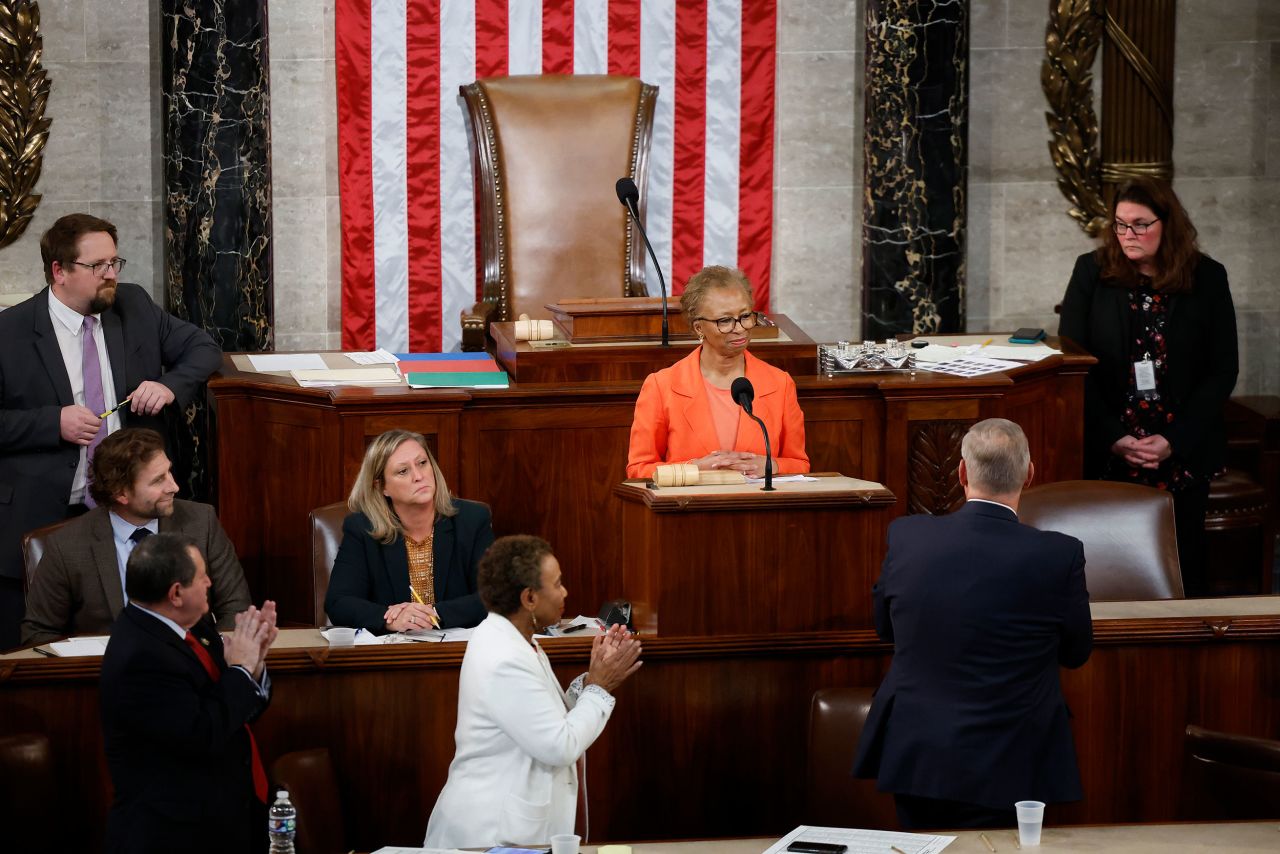

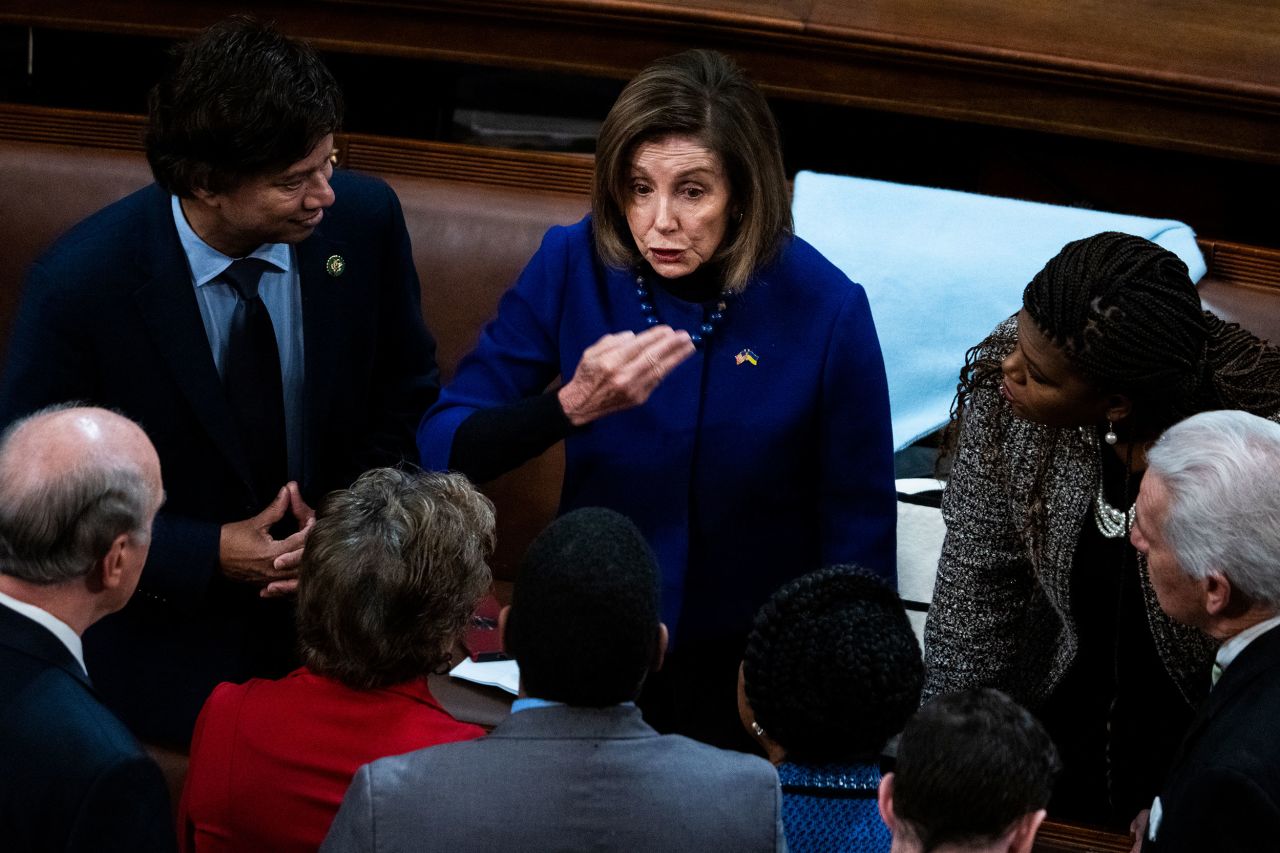

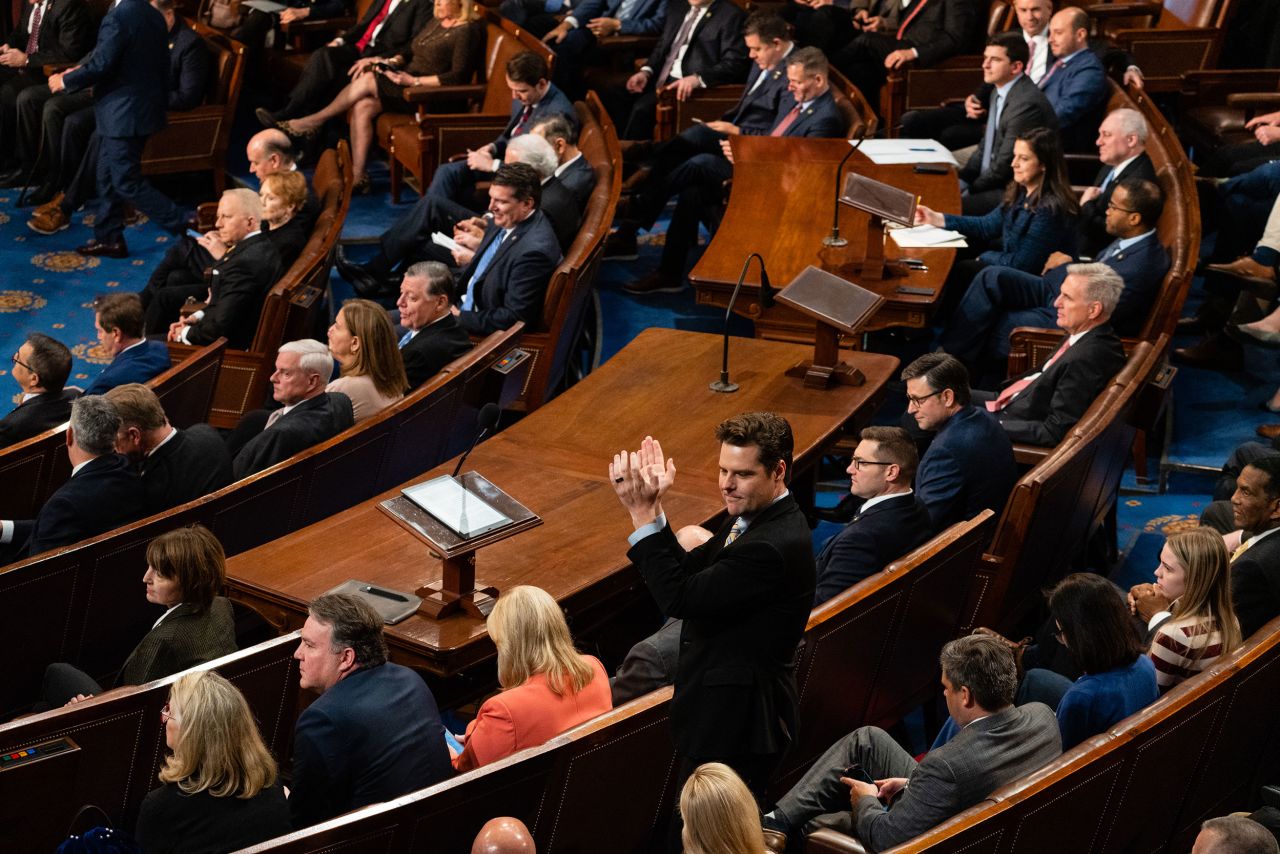
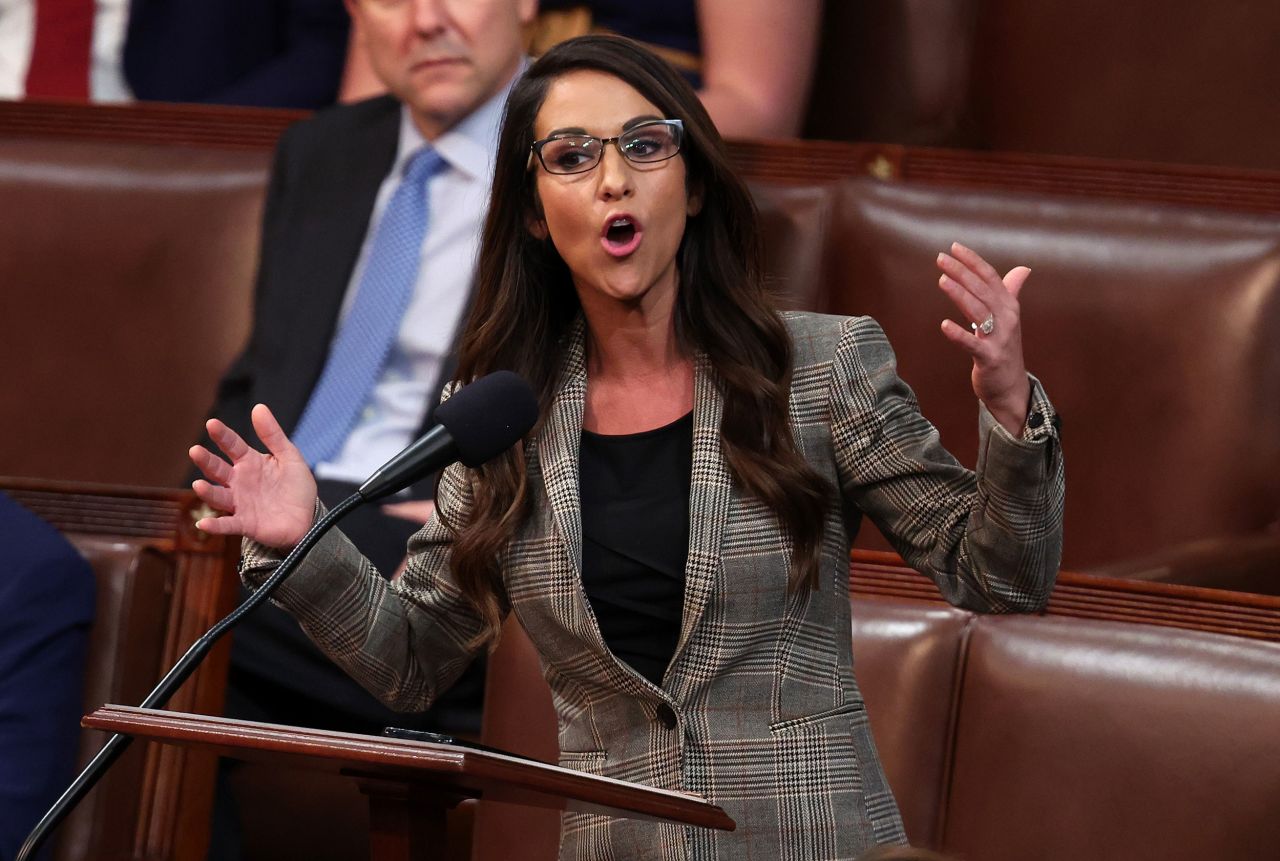

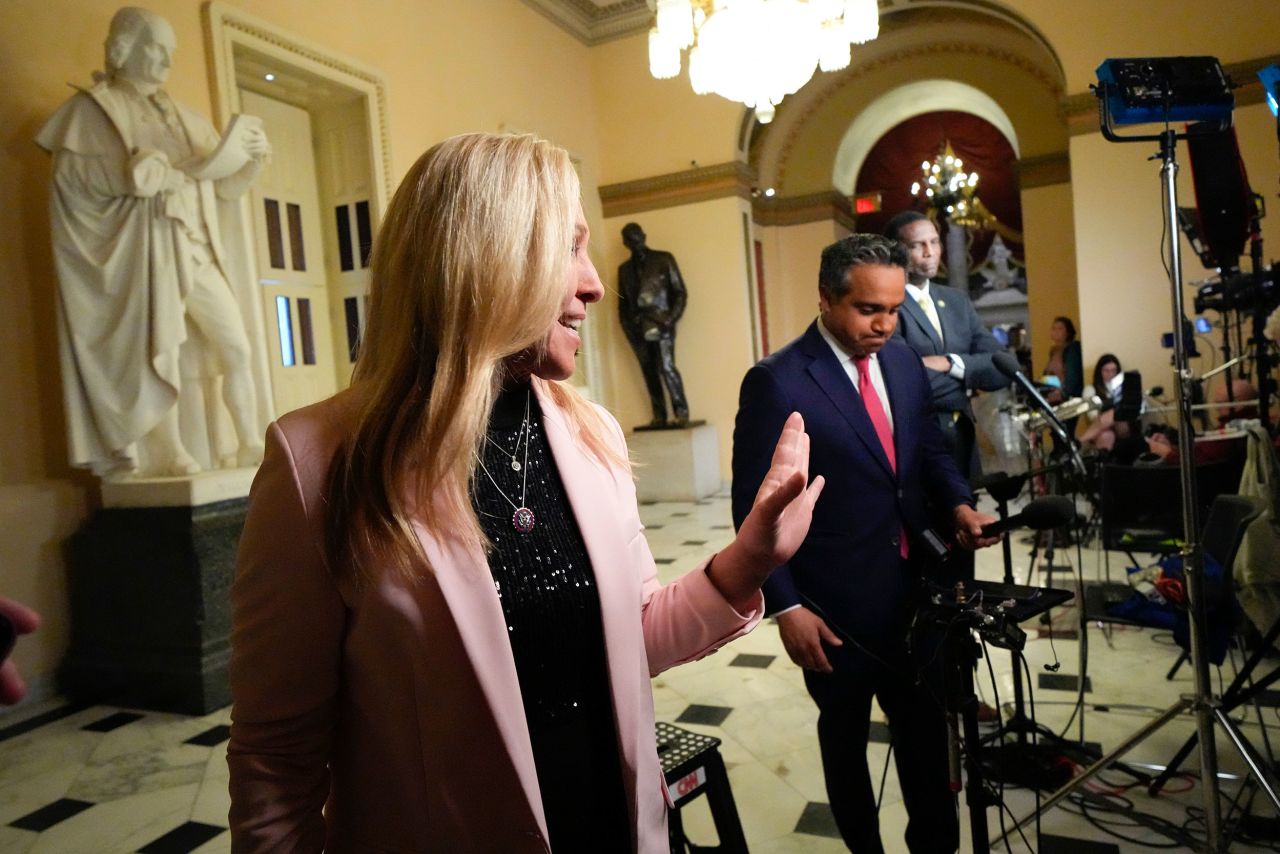

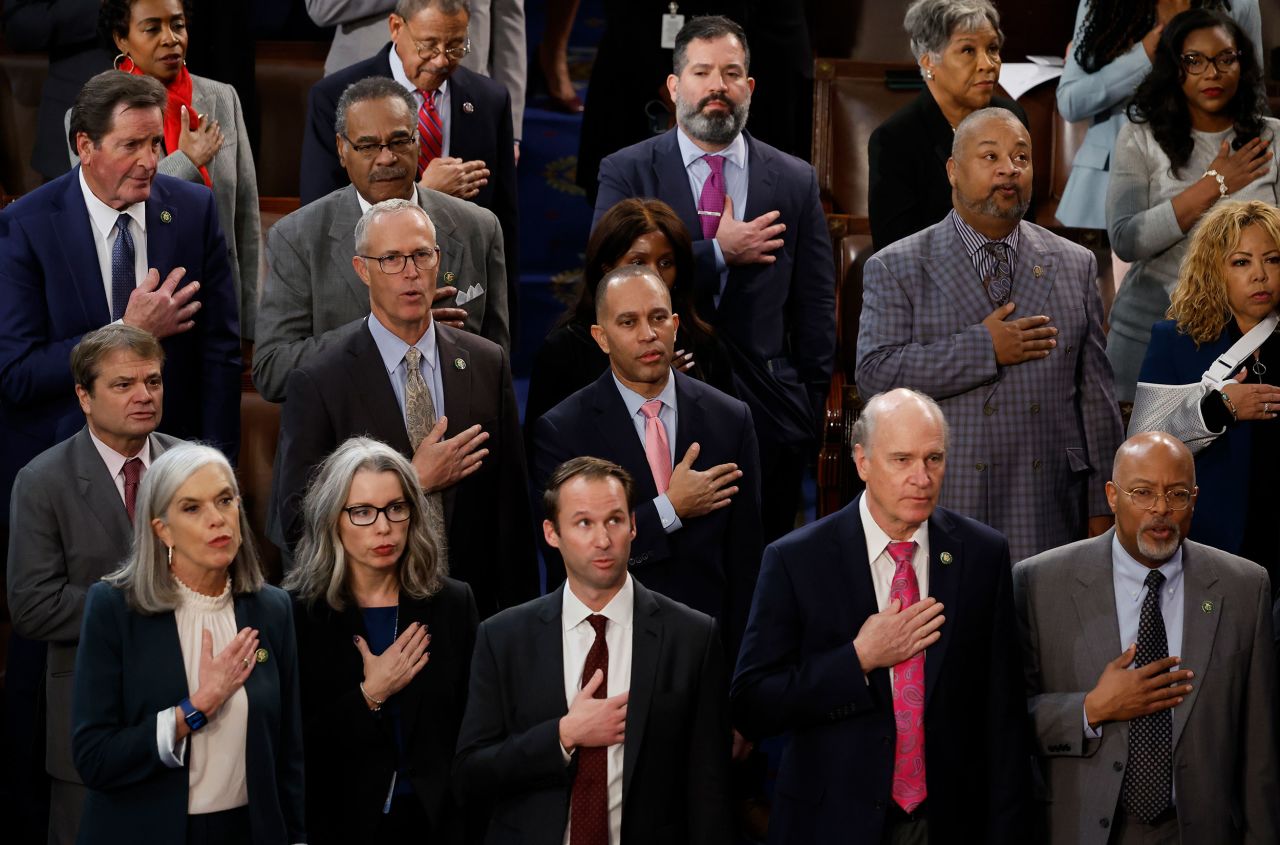
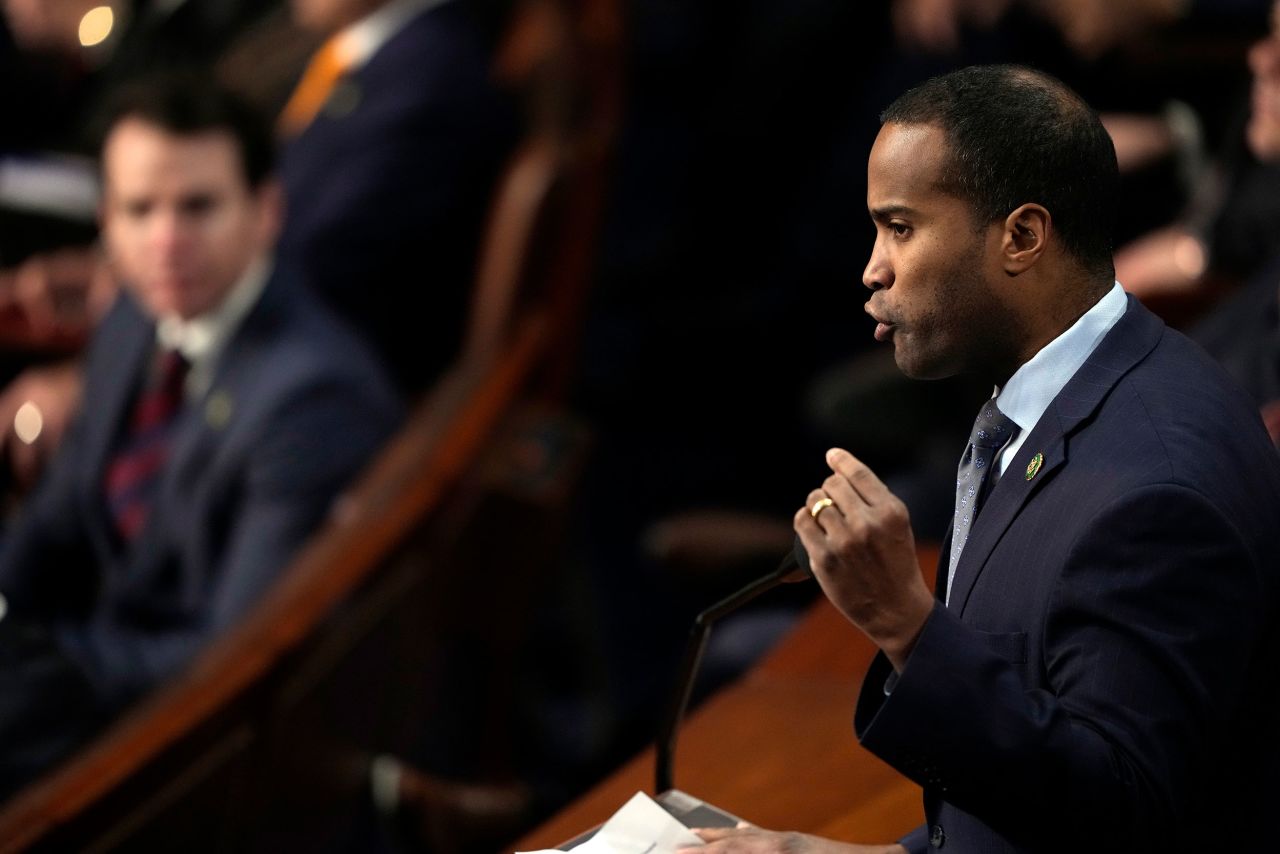
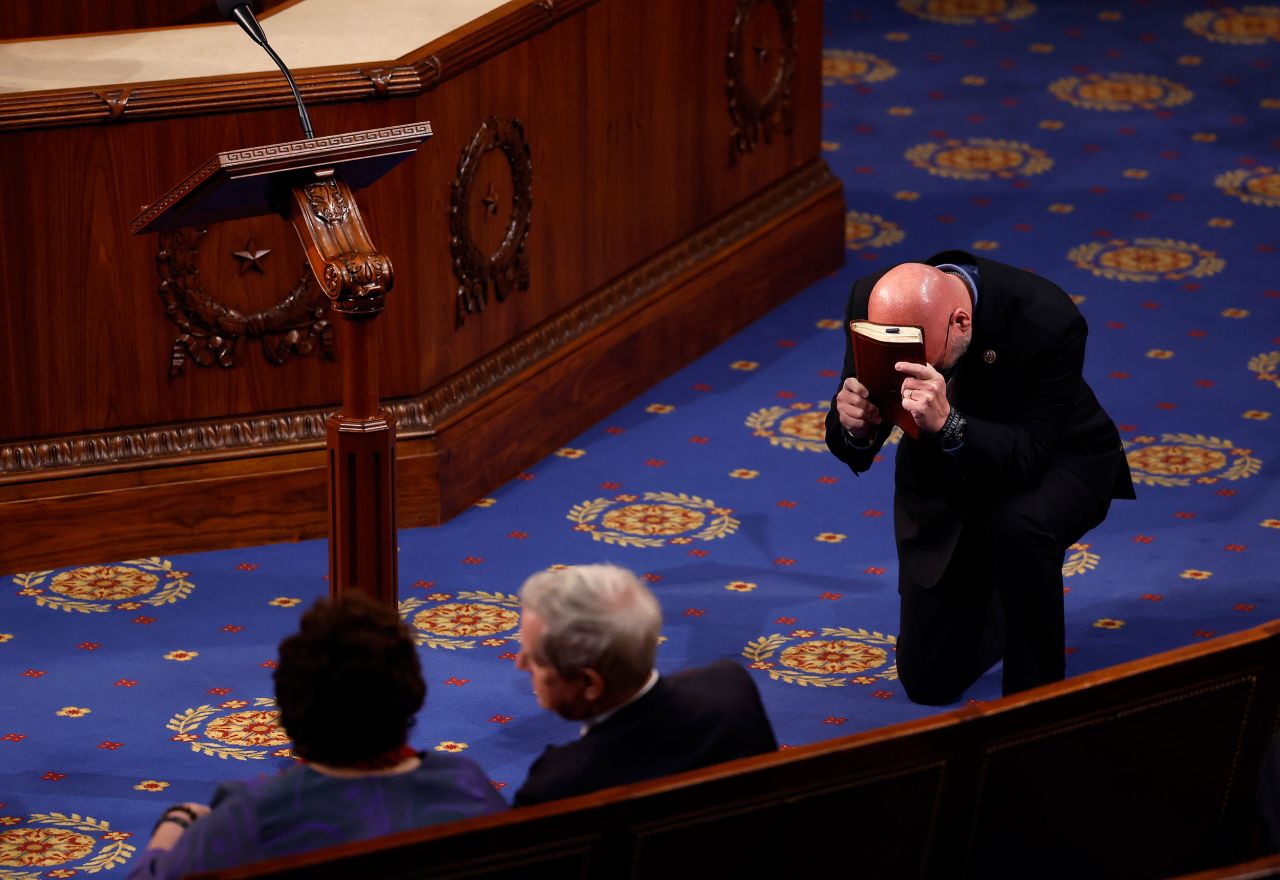

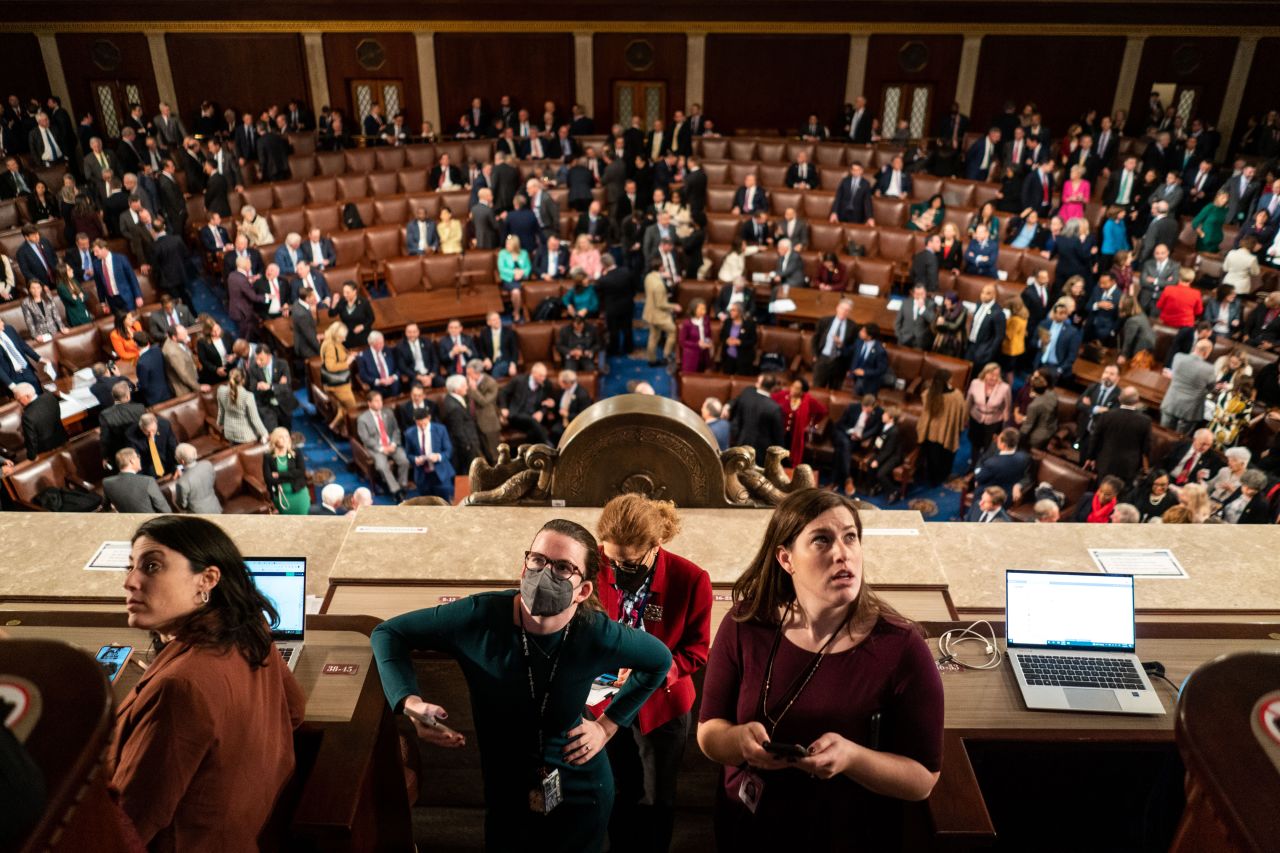
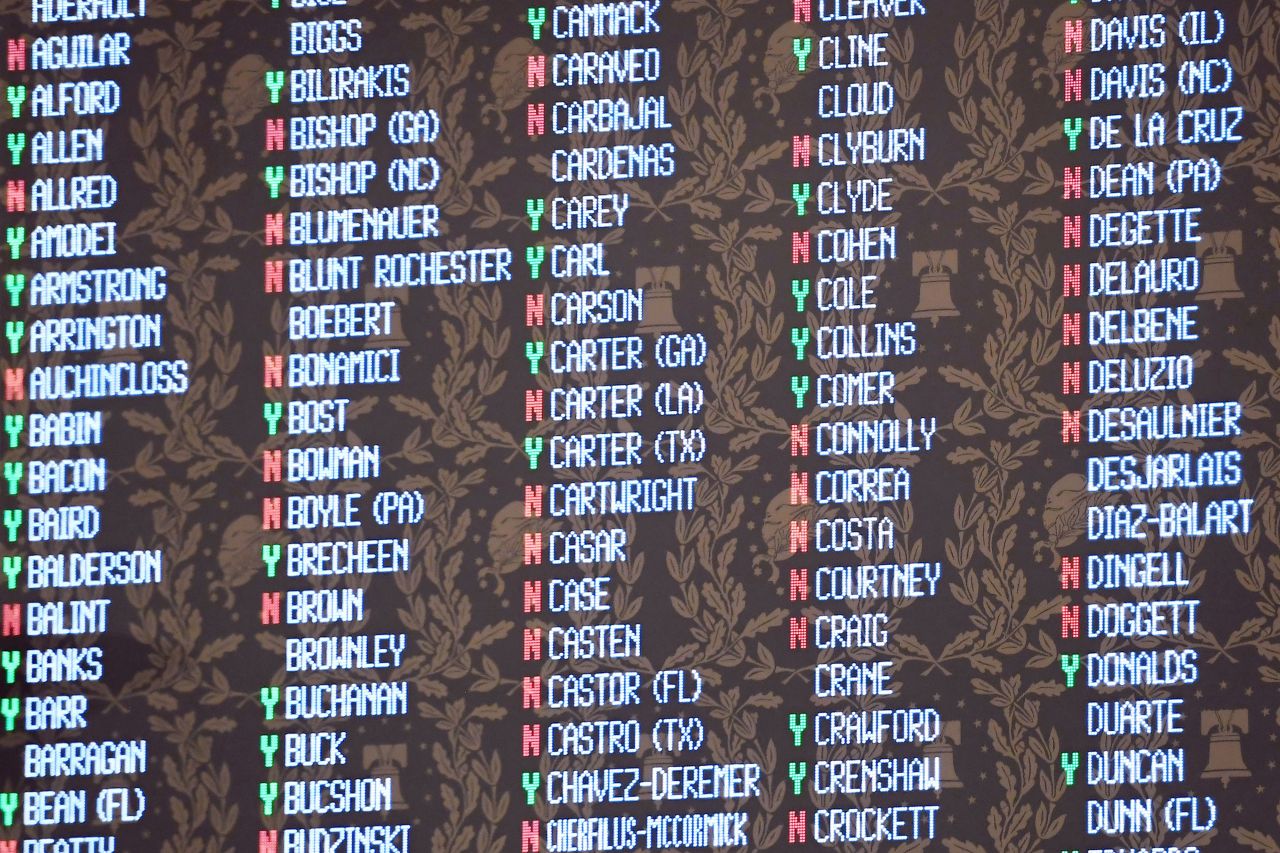

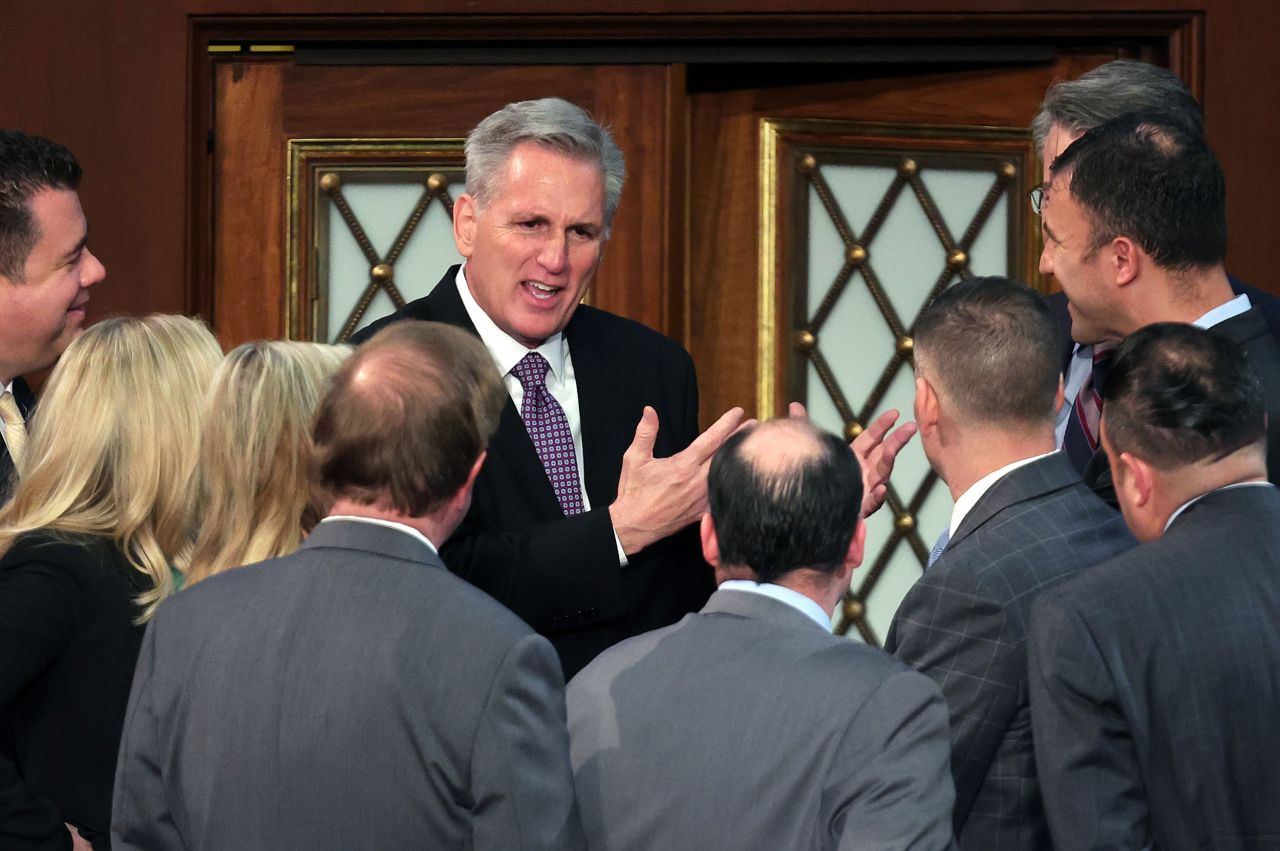

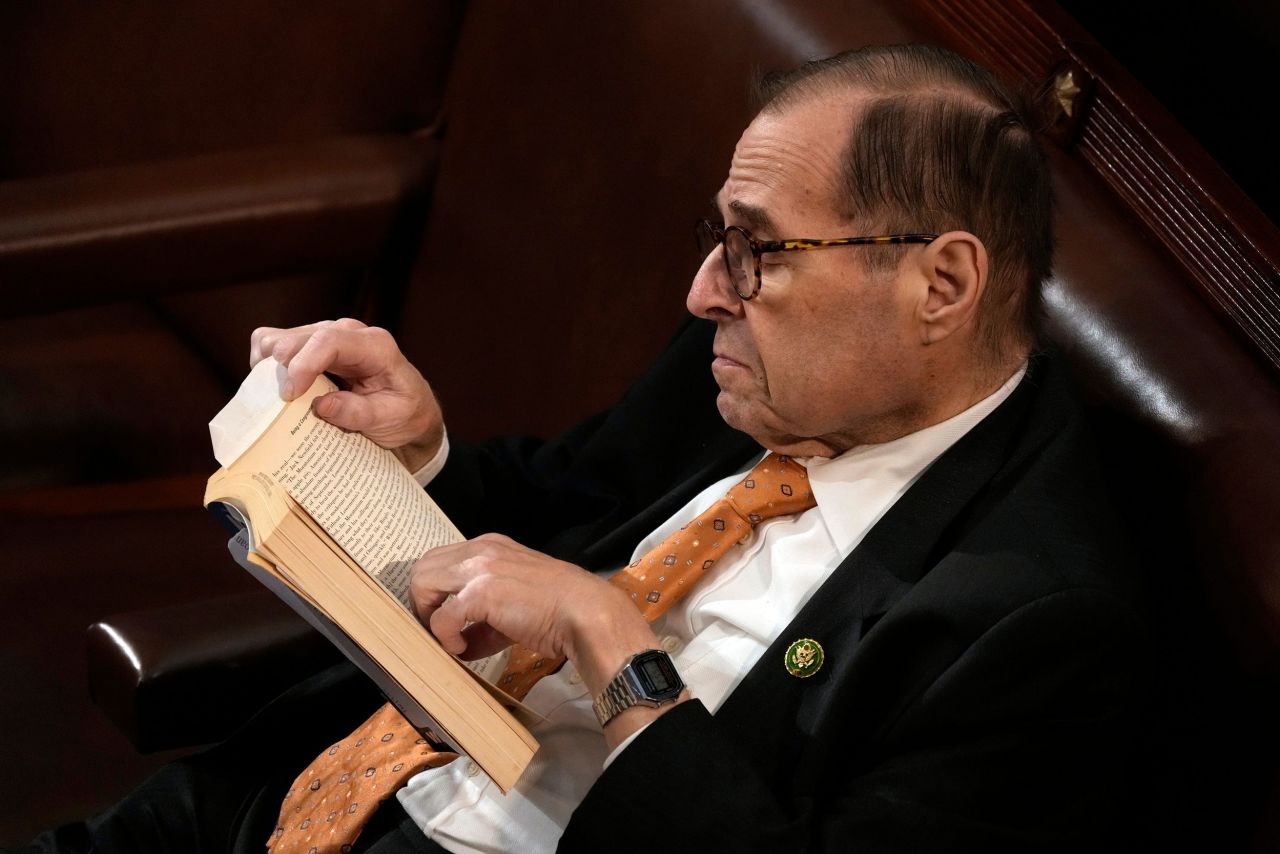


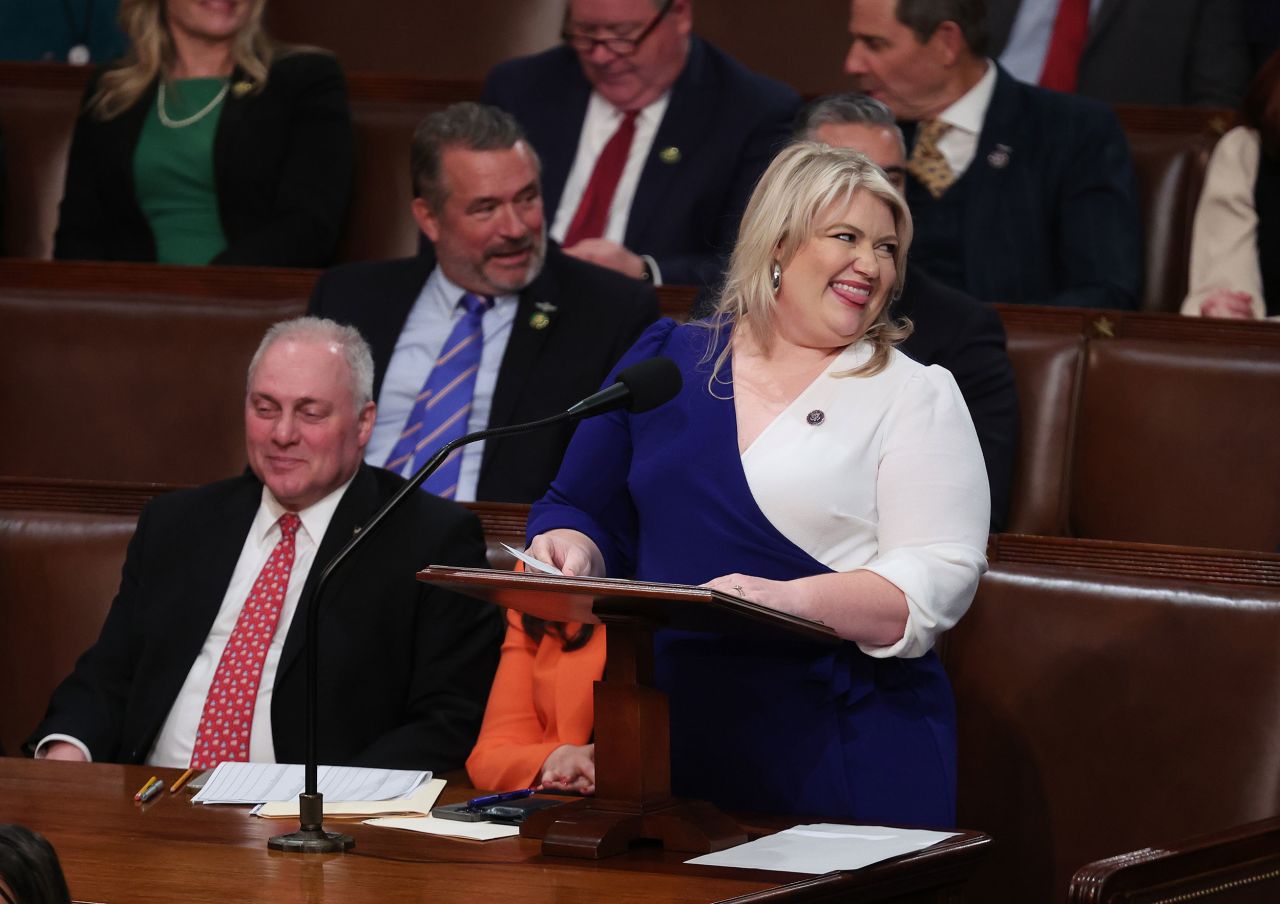
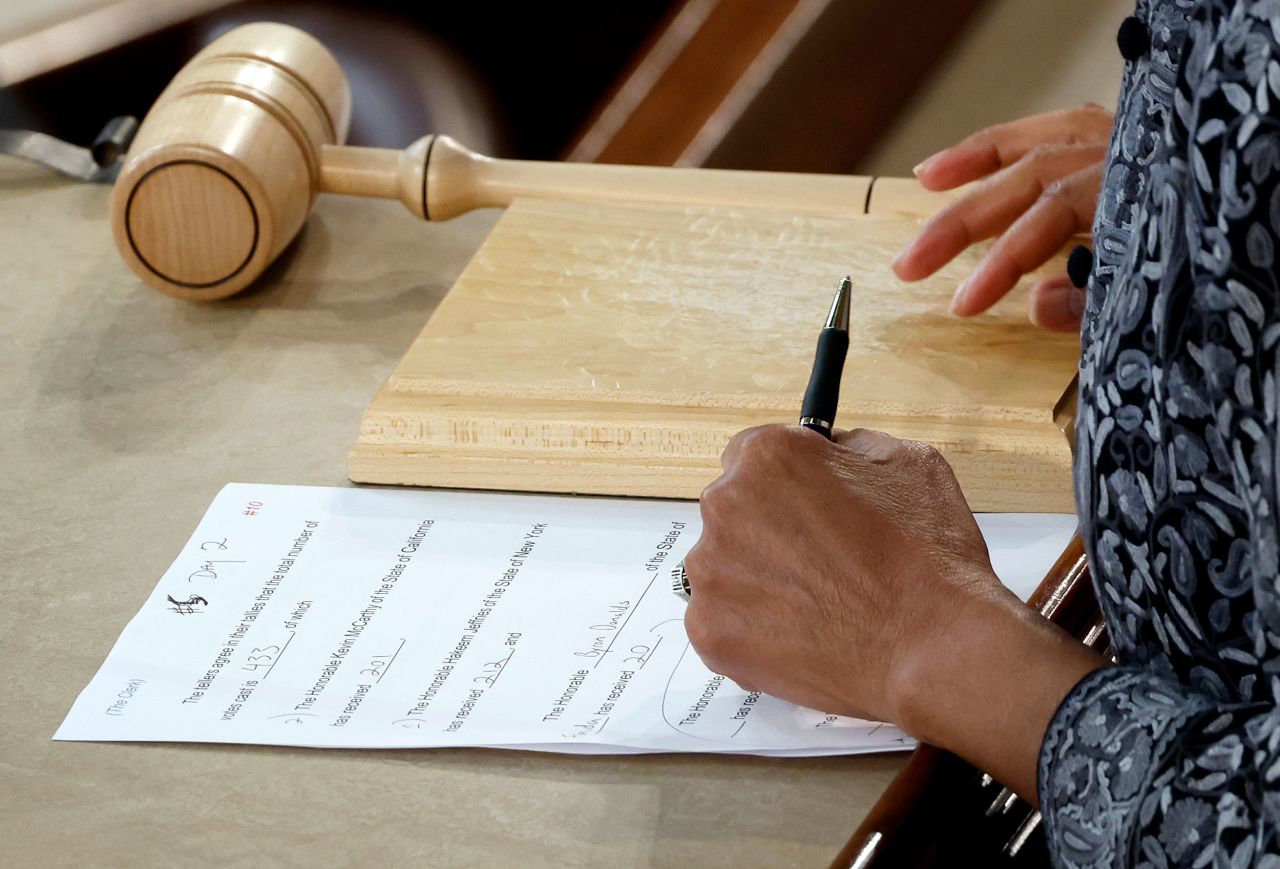

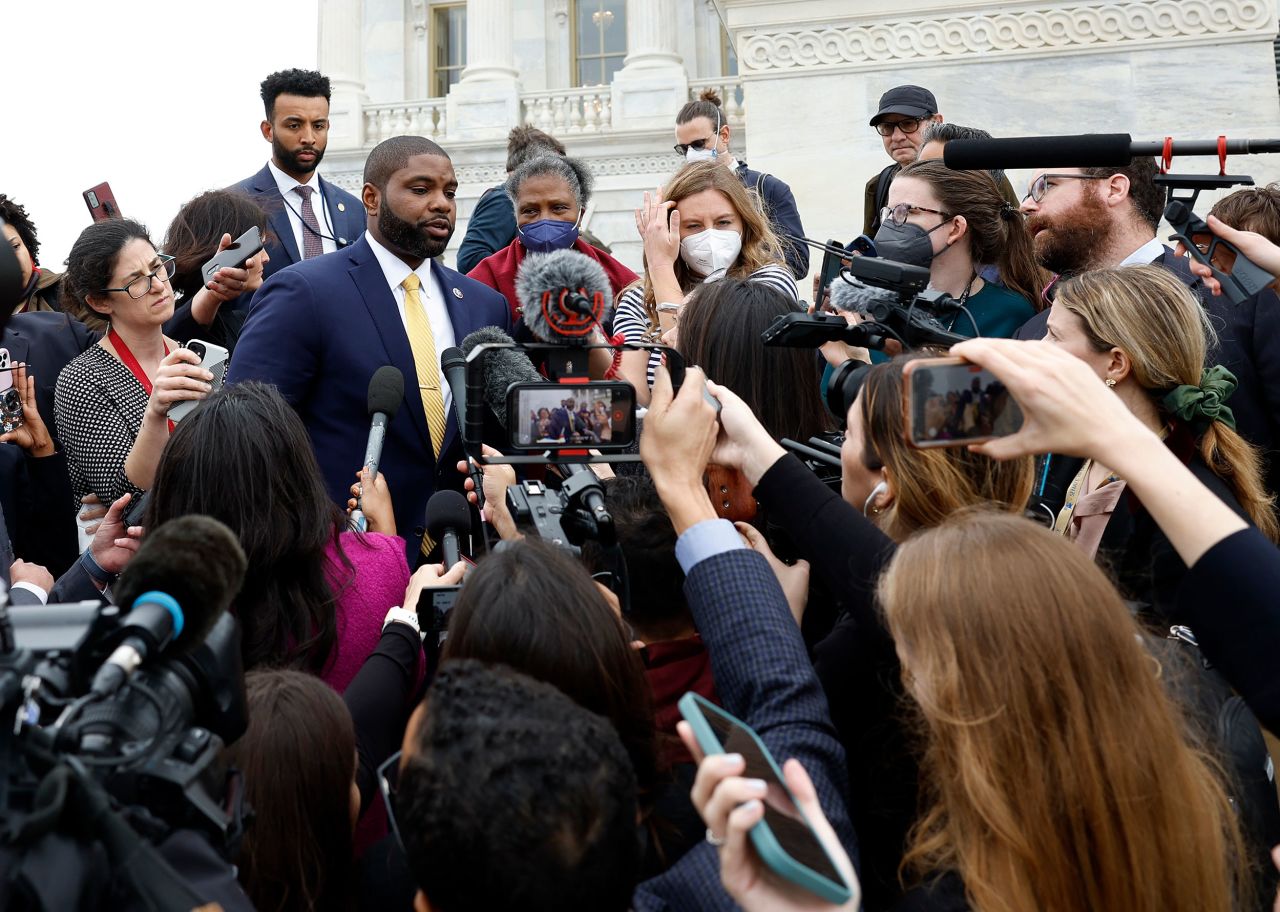

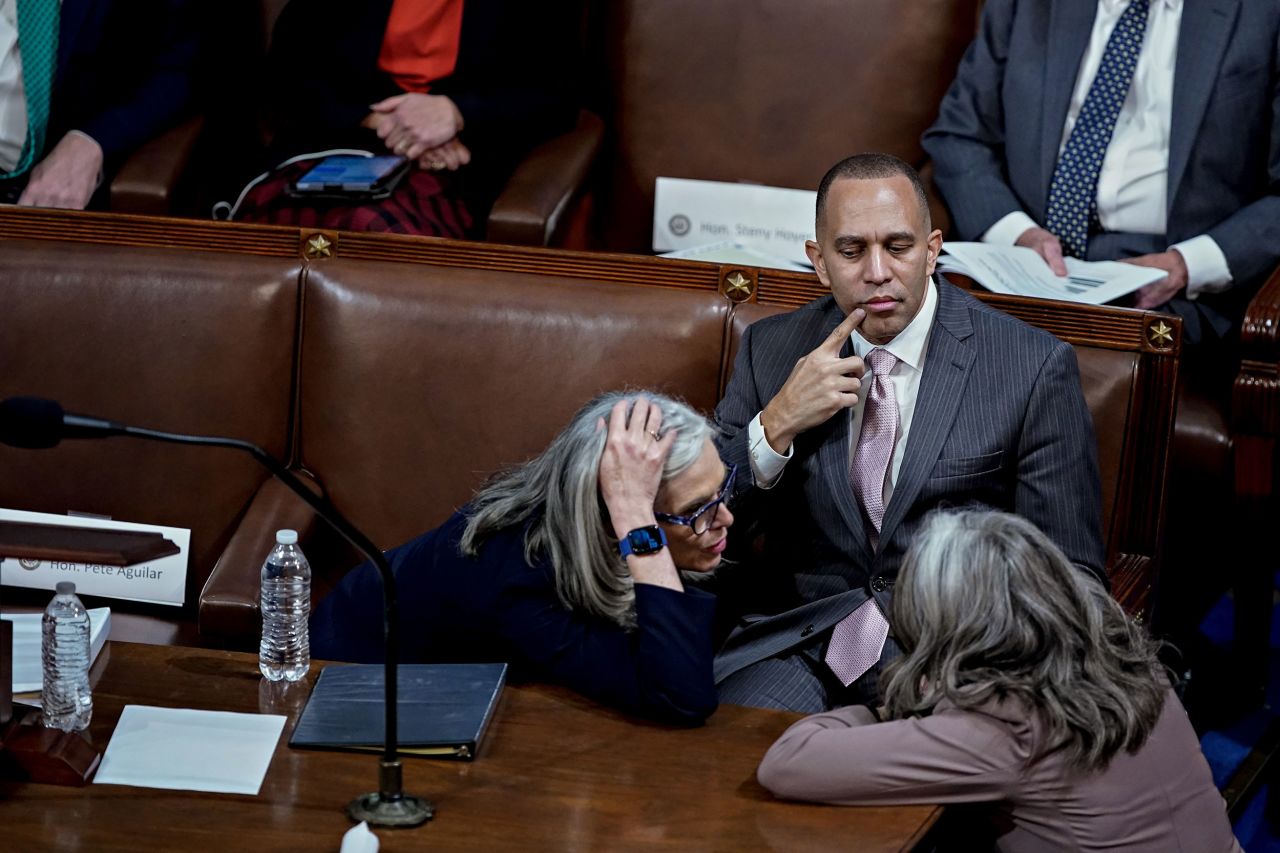
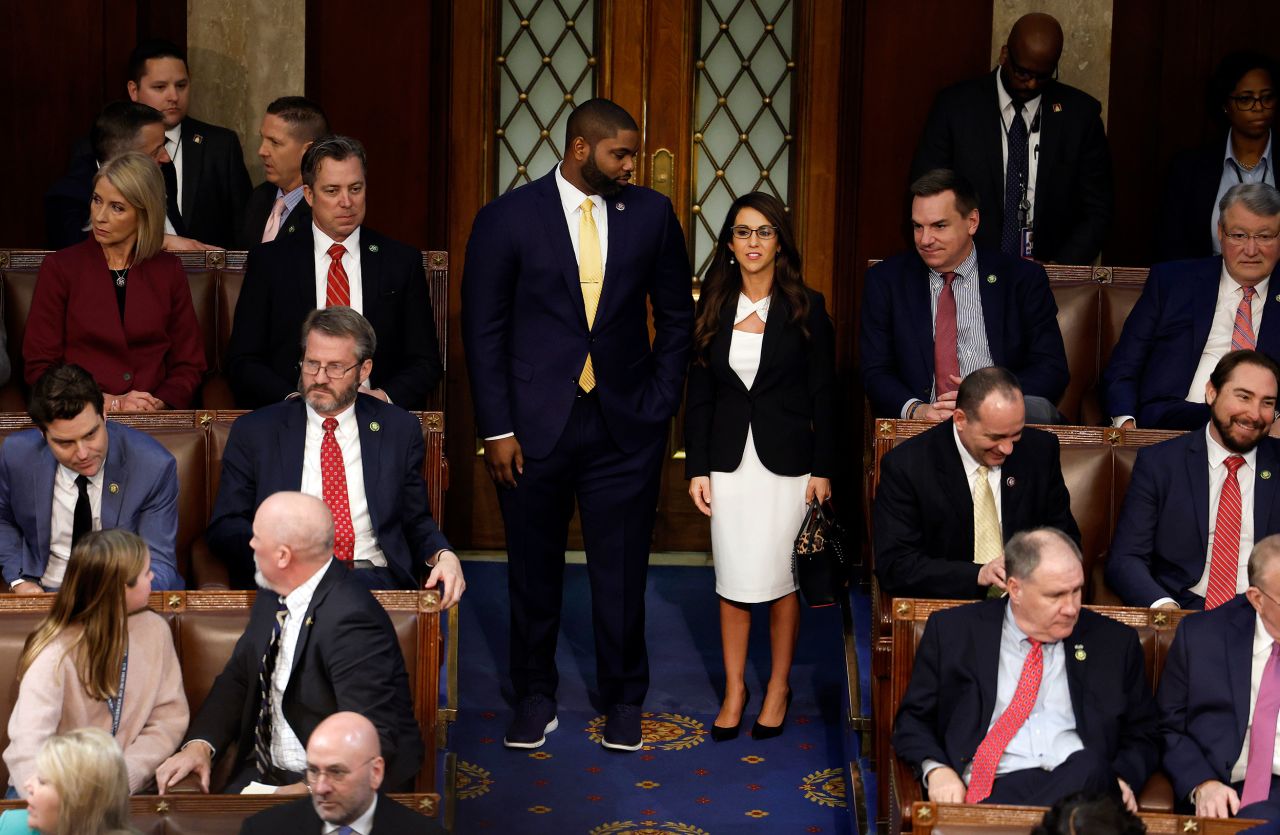
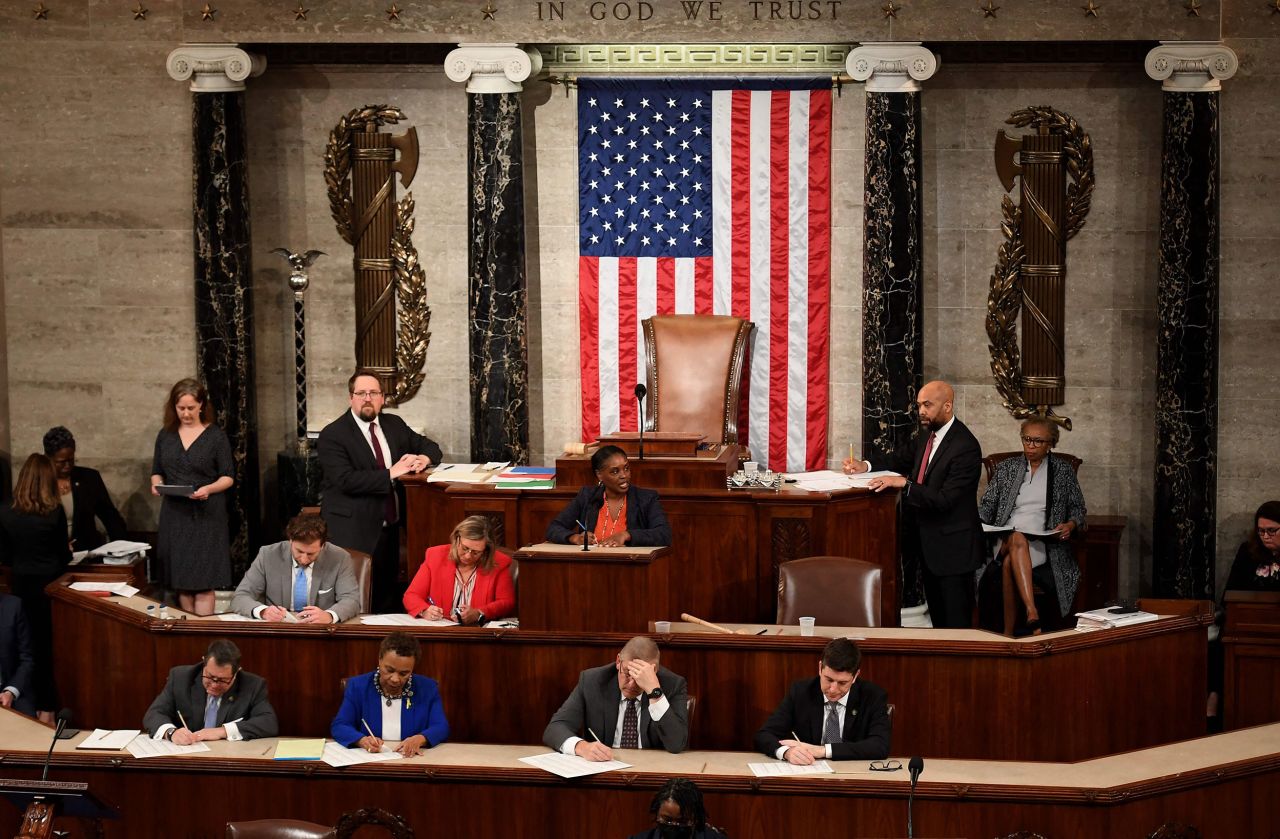
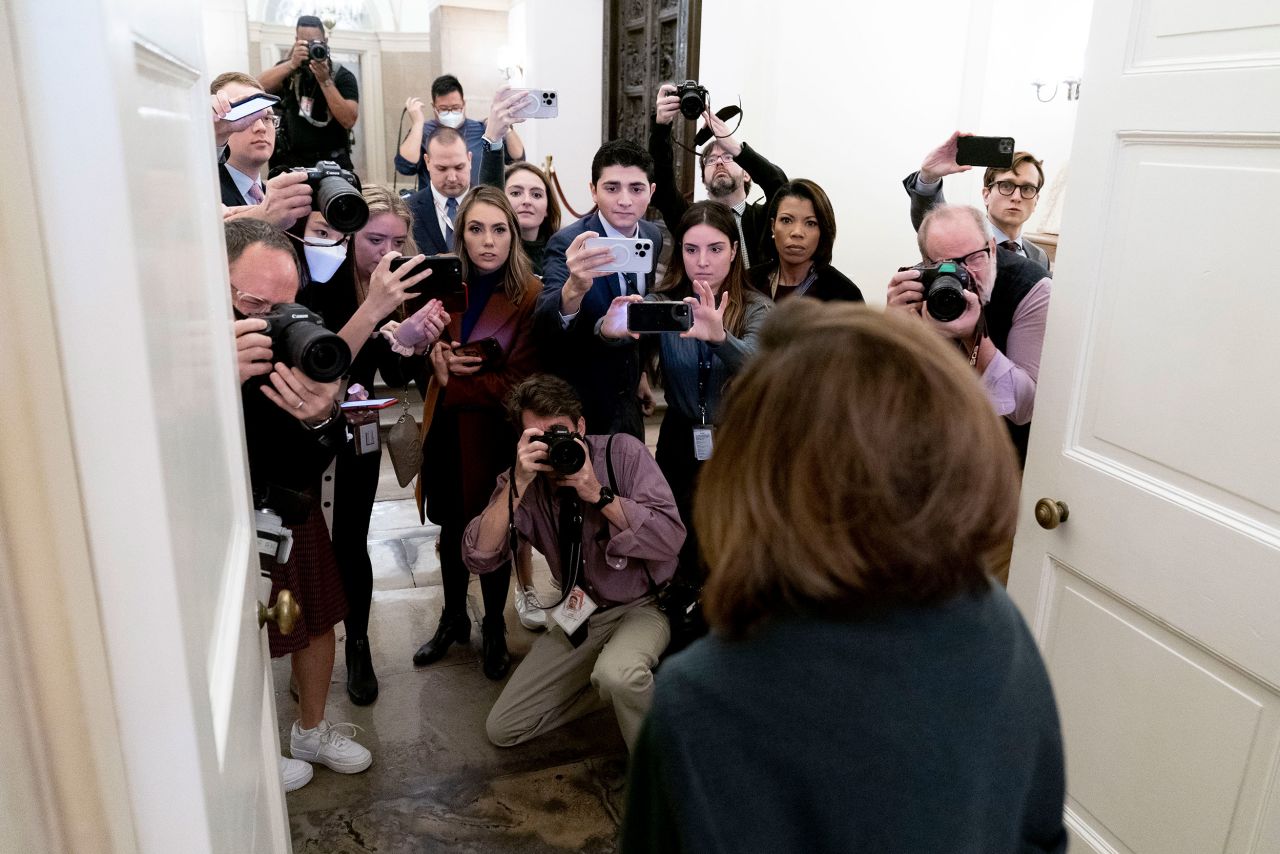

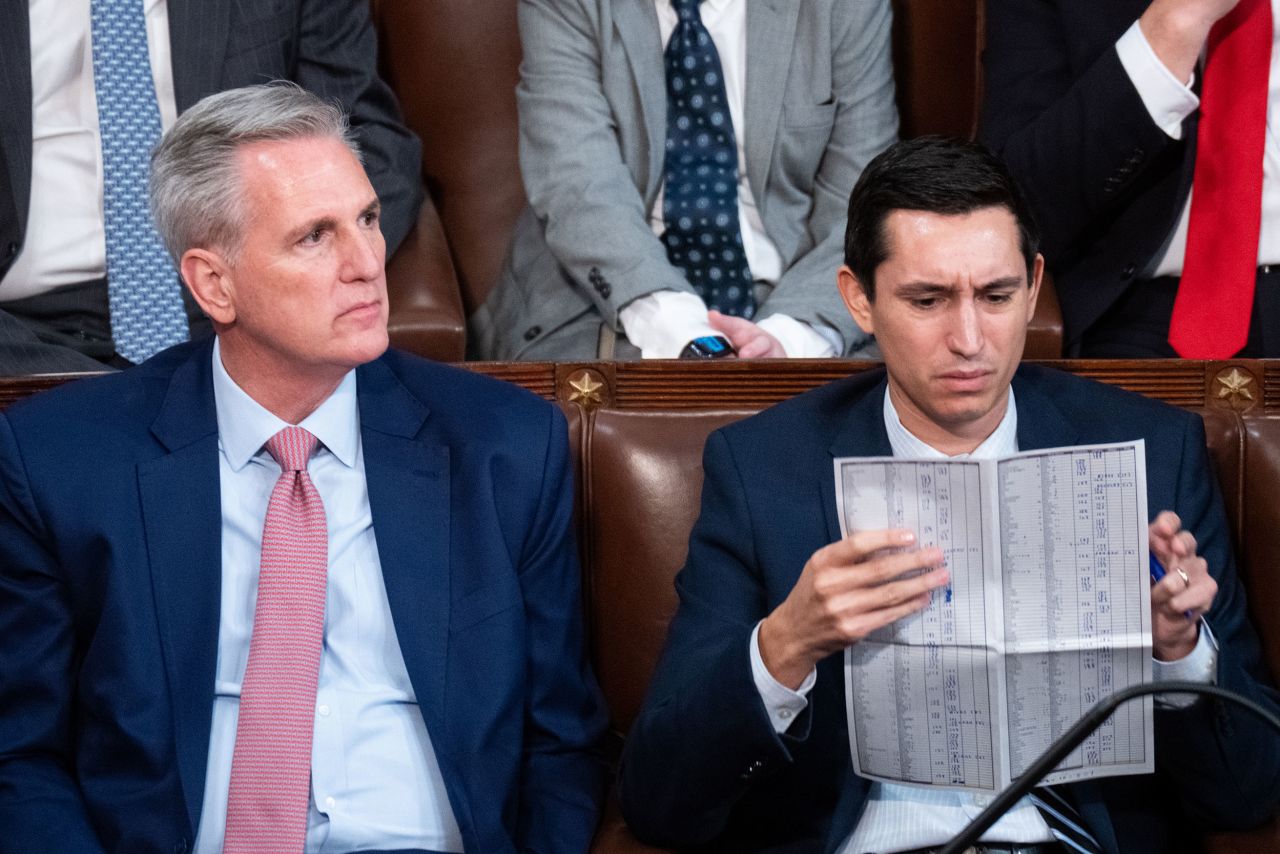
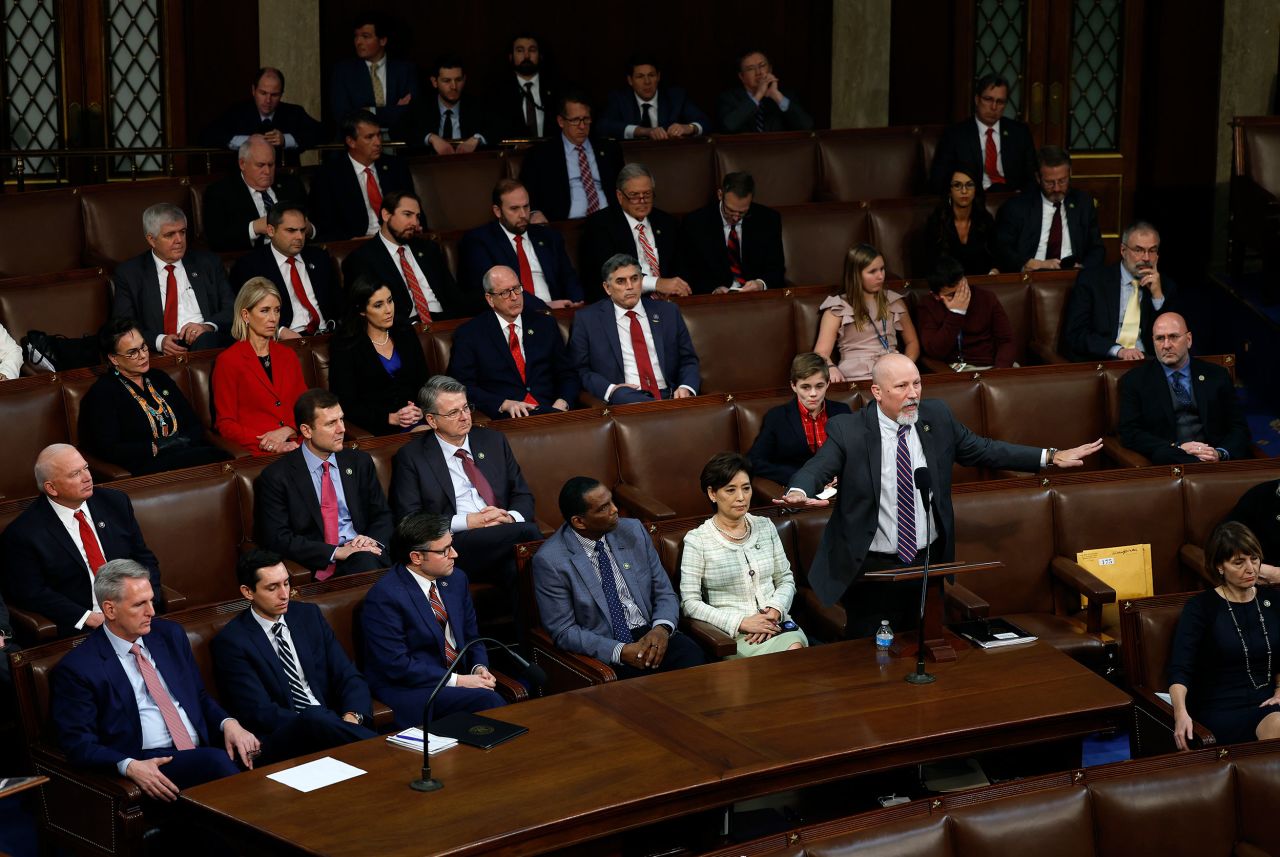
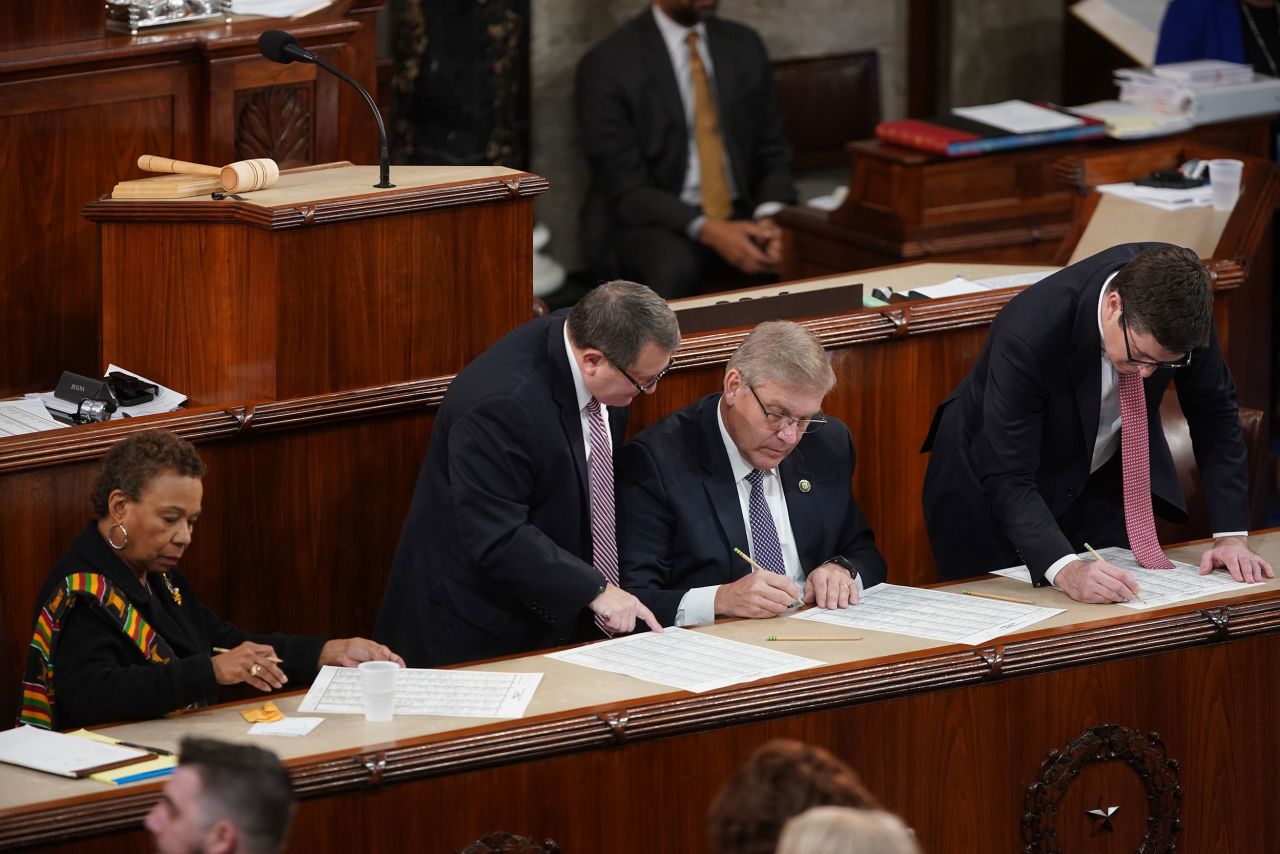


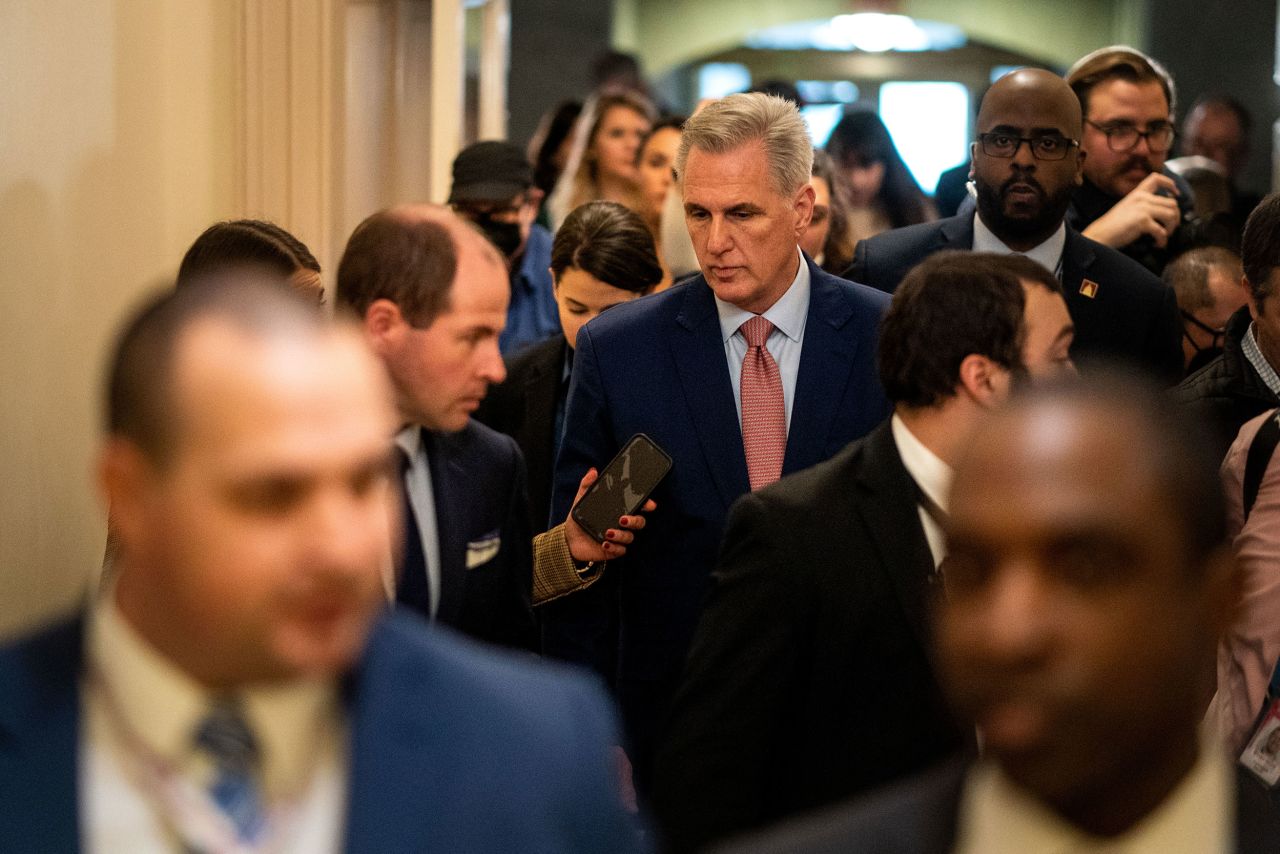
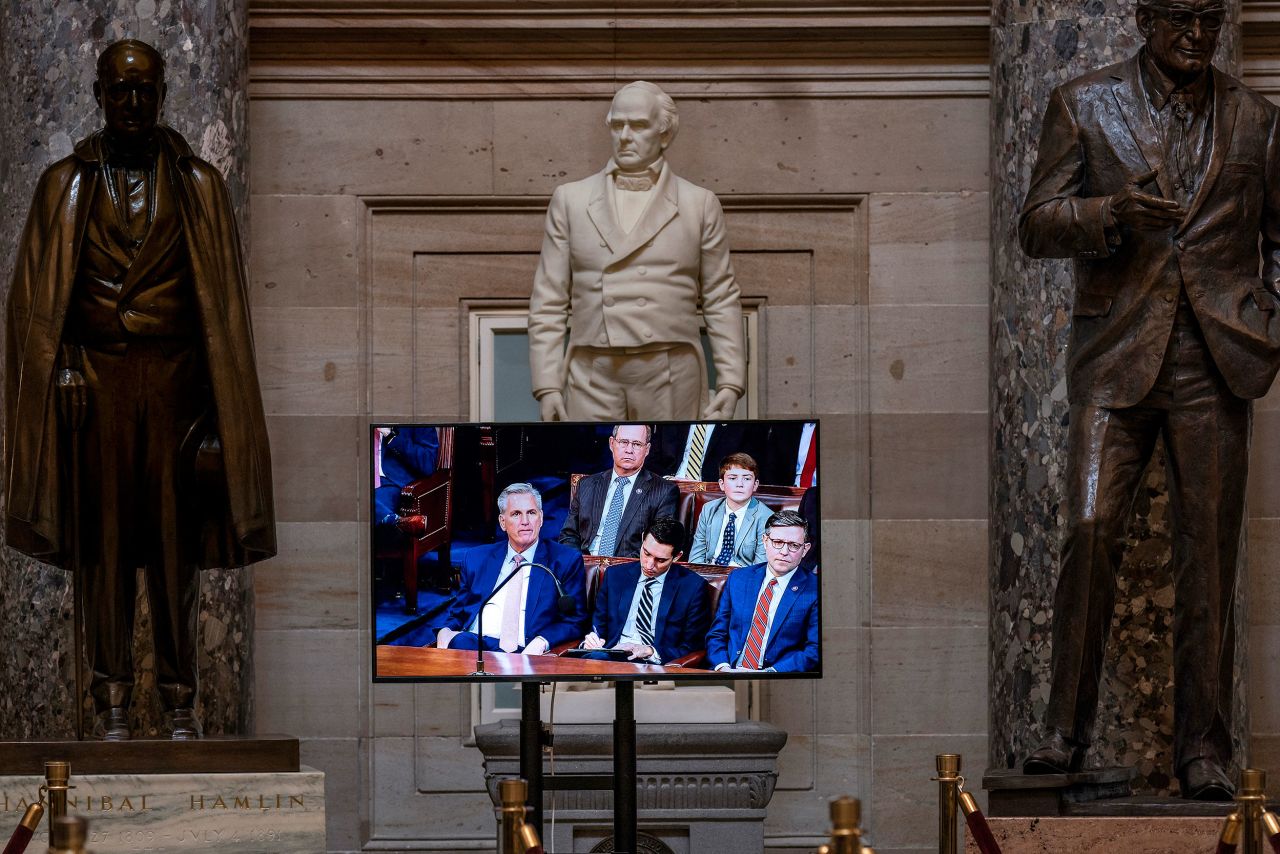
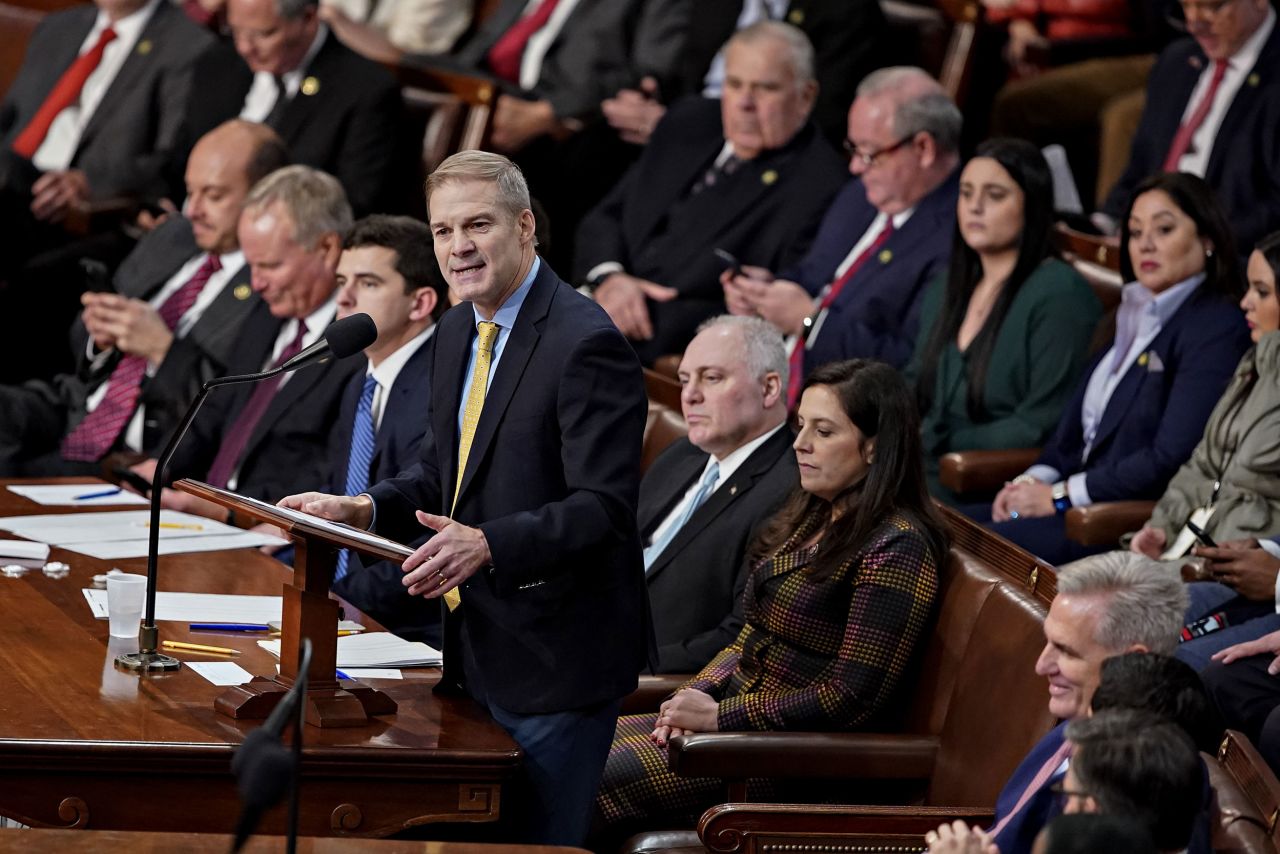

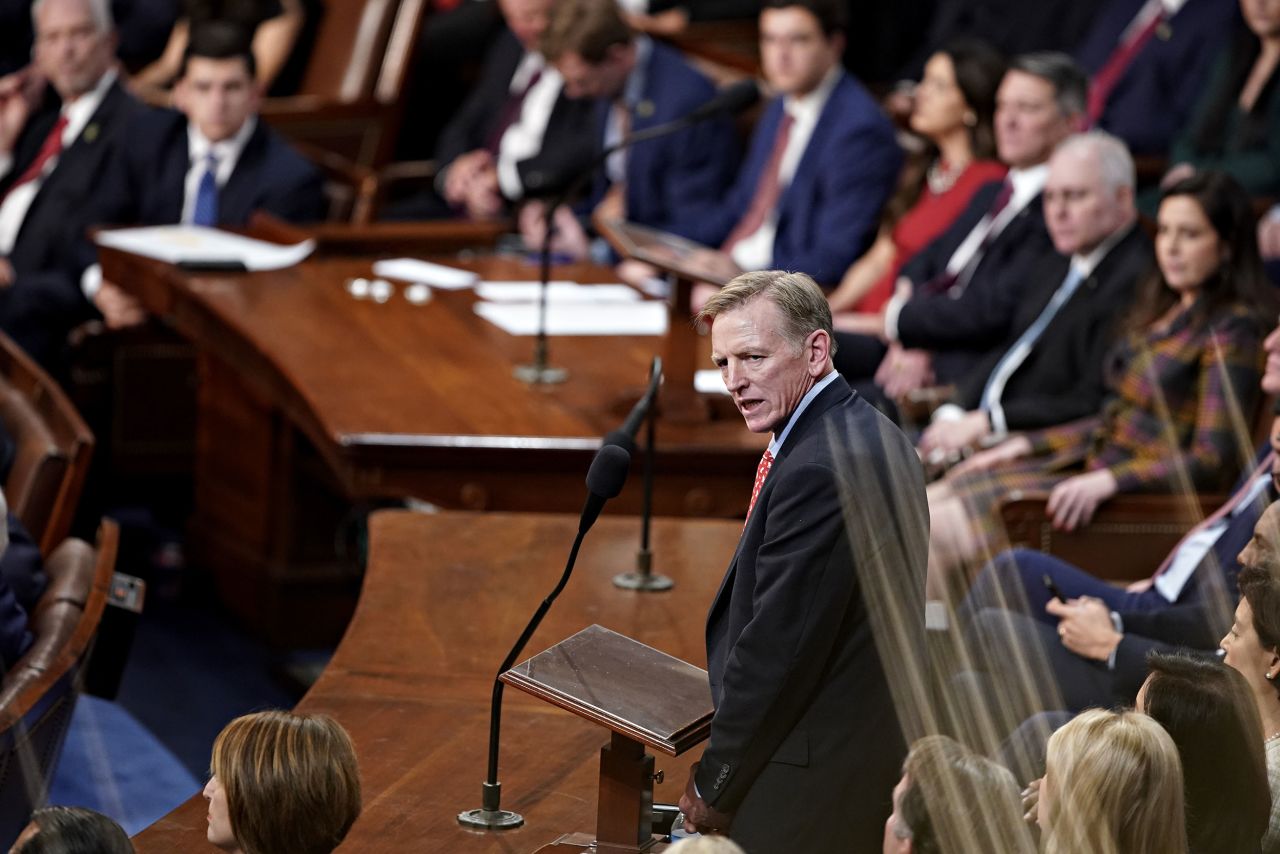
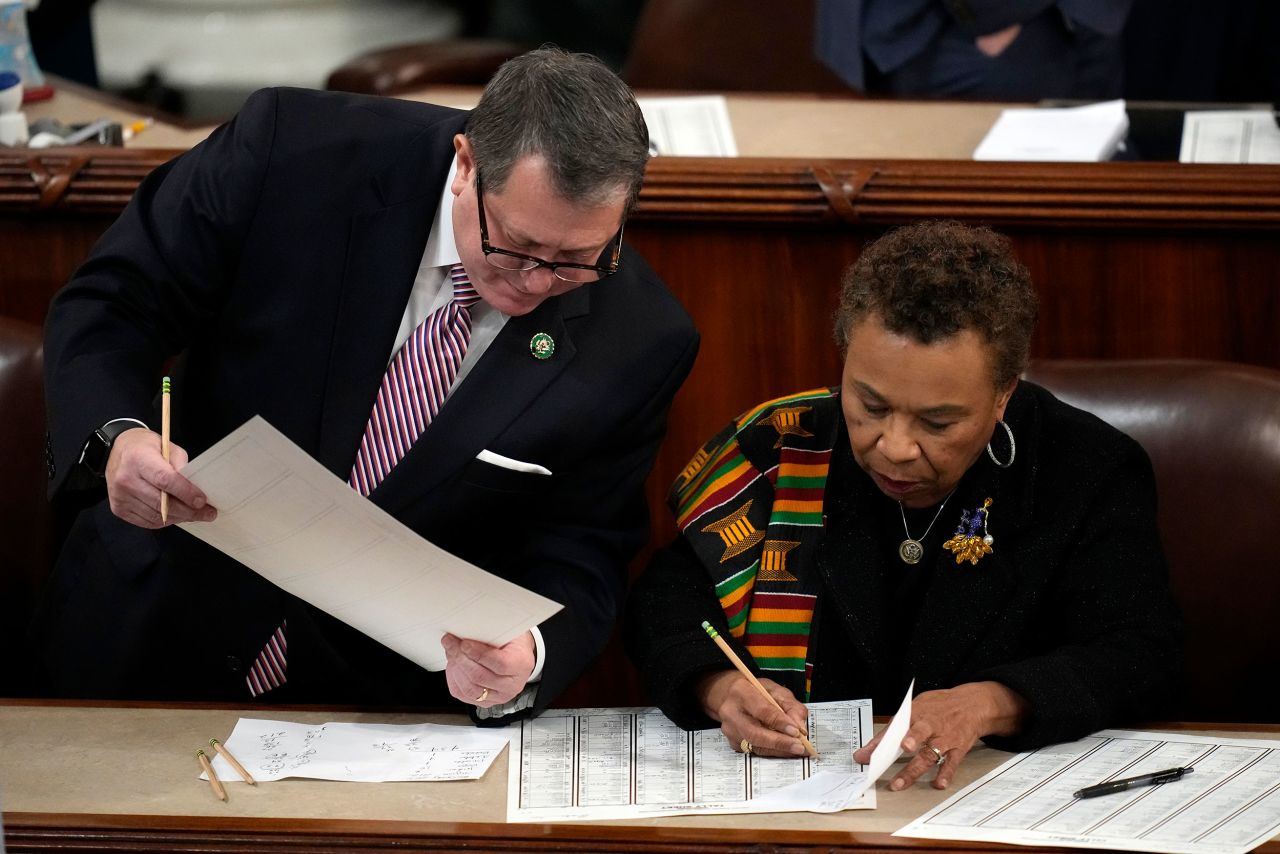

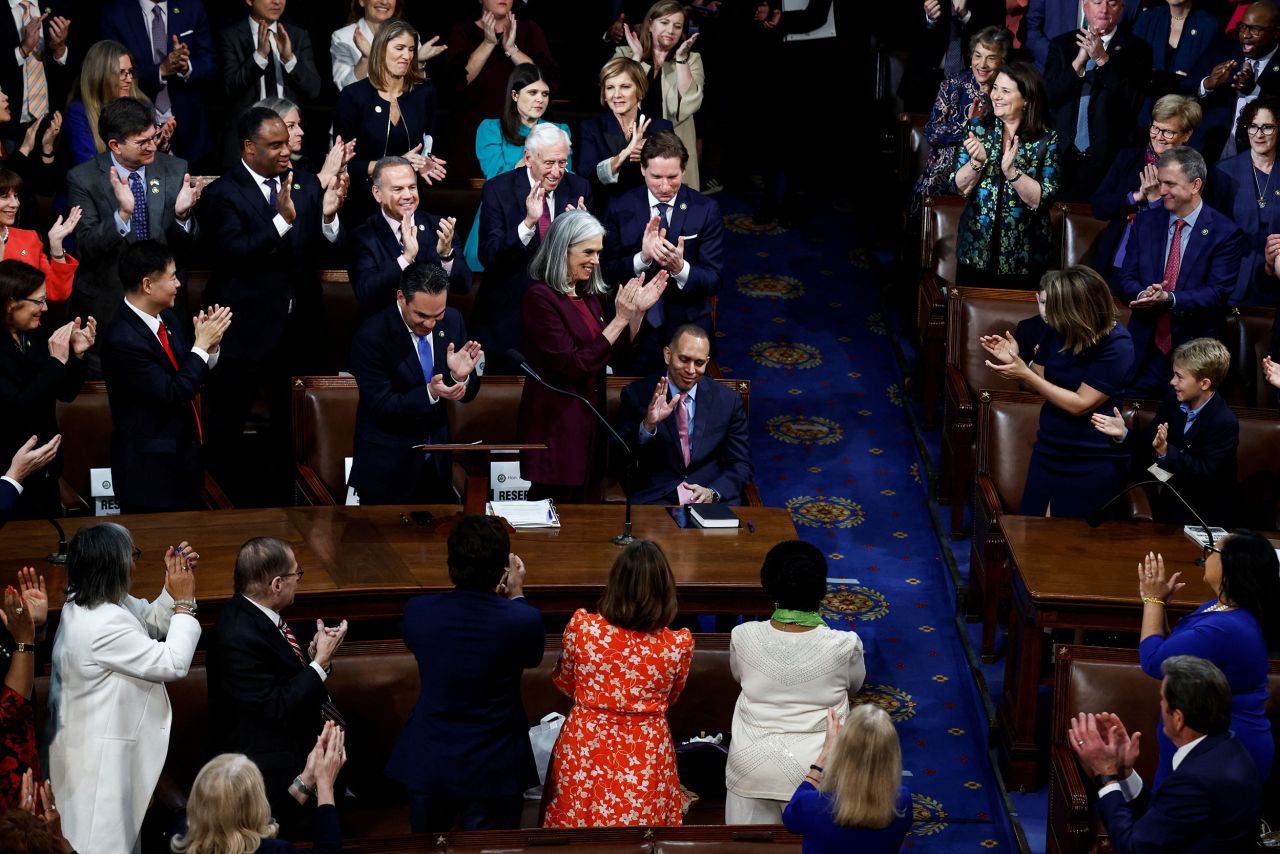







No comments:
Post a Comment